Warriors must find ways to replace the irreplaceable Draymond Green
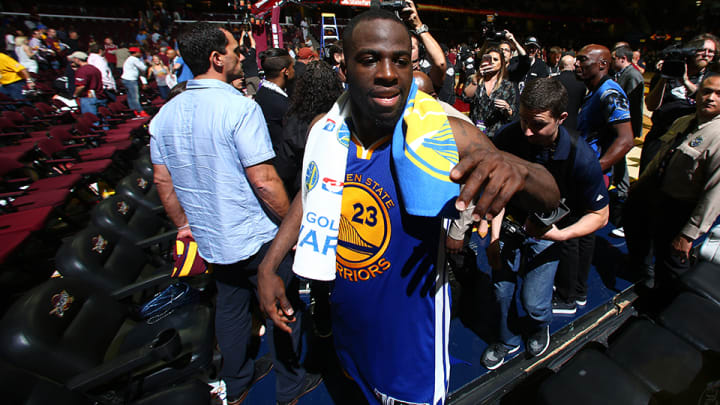
Your teams. Your favorite writers. Wherever you want them. Personalize SI with our new App. Install on iOS or Android.
Much of what separates the Warriors from the Cavs is bound in the game of Draymond Green. The considerable skill of Cleveland’s frontcourt is partitioned to the point of inconvenience: Kevin Love is a scorer who doesn’t guard well in space; Tristan Thompson energizes the back line but doesn’t protect the rim all that well nor pose any offensive threat away from the basket; Channing Frye spaces the floor but lacks for lateral mobility and gives up rebounding chances. Improbably, Green has synthesized many of those positive qualities while mitigating the negatives. So much of Golden State’s success is owed to that unique balance.
It’s for that reason that Green was touted by many throughout the season as the most important Warrior—a powerful statement considering that Green’s teammate became the first unanimous MVP in league history. Game 5 will bring that very idea to a reckoning. Due to Green’s own repeated transgressions (and most recently, his upward swing at LeBron James after being pointedly stepped over), Golden State will have to do without its most critical all-around big in Game 5. Importance cuts both ways. All that Green does to transform the Warriors in his minutes on the floor now becomes a complication in absence.
Draymond Green suspended for Game 5: What’s next for Warriors, Cavs?
An early finish to the series would demand a complete deviation from what we’ve seen thus far. As was noted by Zach Lowe of ESPN.com, the Warriors are +53 in this series overall in Green’s minutes at center and –24 on the balance of all their other lineups. Simply having Green on the floor with other good players hasn’t been enough; Golden State’s advantage over Cleveland has been rooted in Green’s highest-leverage role and the implications that come with it. Only certain Cavs can be on the floor when the Warriors go small. Others can no longer work in tandem, given the weirdness of the matchups. It’s through playing Green at center that the Warriors find the style, space, and speed that defines them.
Without Green, Golden State will have to find new ways to create separation. His one-game suspension leaves some 38 minutes to fill for a role that none could. There are no other players anywhere in the league quite like Green, much less lying in wait on the Warriors’ bench. The shape of their lineups and rotations will have to change—starting smaller with either Andre Iguodala, Shaun Livingston, or Brandon Rush filling in and surviving by stretching the minutes of their traditional centers to their reasonable maximum.
Festus Ezeli is both the most logical candidate to step into a larger role and, in some ways, the least likely. Warriors coach Steve Kerr has gone out of his way over the last two games to keep Ezeli sidelined, preferring instead to call on of Anderson Varejao and James Michael McAdoo. The statement of Ezeli’s esteem with his coaching staff could not be any clearer. There seems to be a basic distrust when it comes to Ezeli executing in the way Kerr intends, so much so that he favors deep reserves over one of the team’s better centers on paper.
The Most High-Profile Suspensions in American Sports History
Hope Solo (2015)
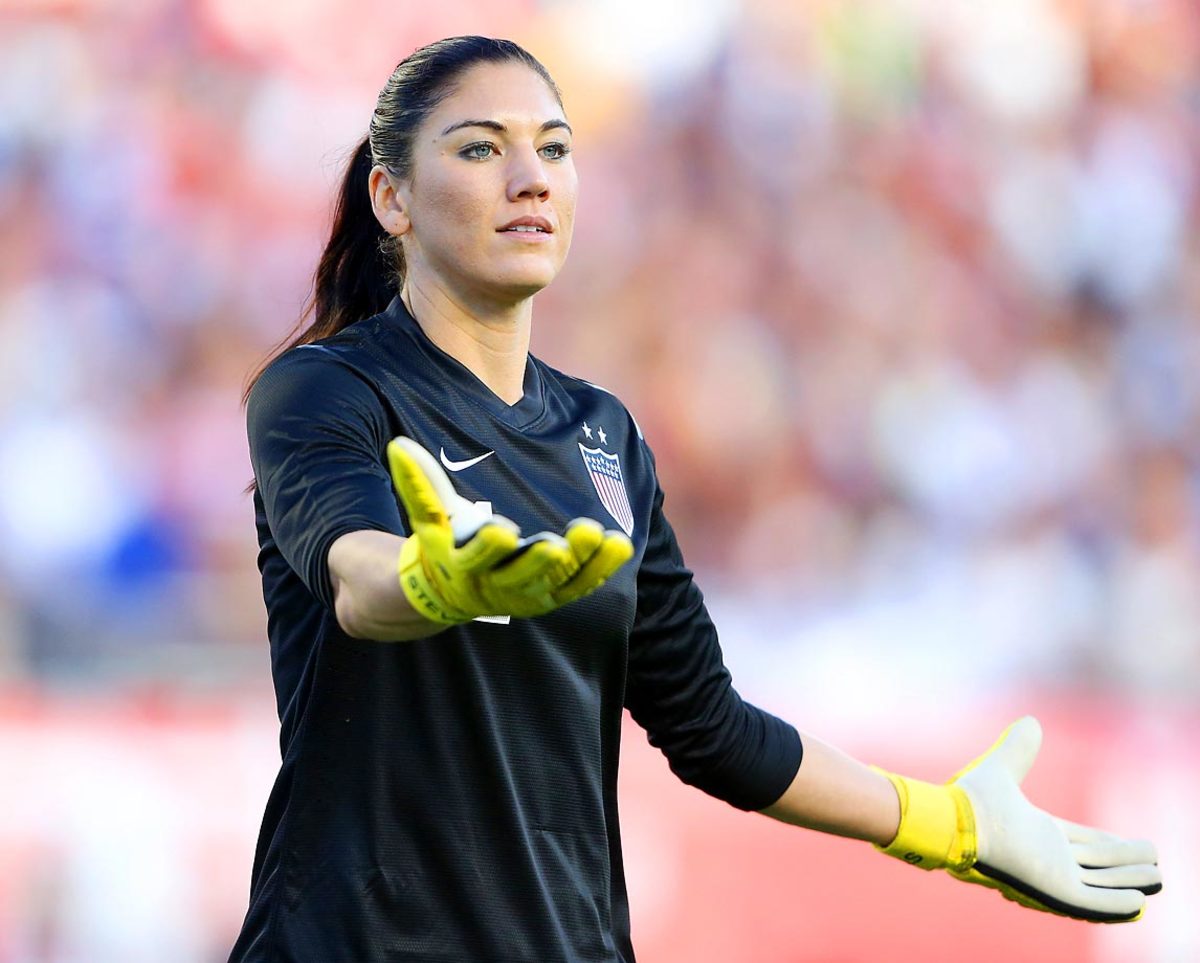
CAPTION: Hope Solo, the goalie of the USWNT, was suspended for six months in late August 2016, following her comments at the Summer Olympics when she called the Swedish players “cowards” for their defensive style in eliminating the U.S. in the quarterfinals. She joins a long list of high-profile athletes who were suspended during their careers.
Draymond Green (2016)
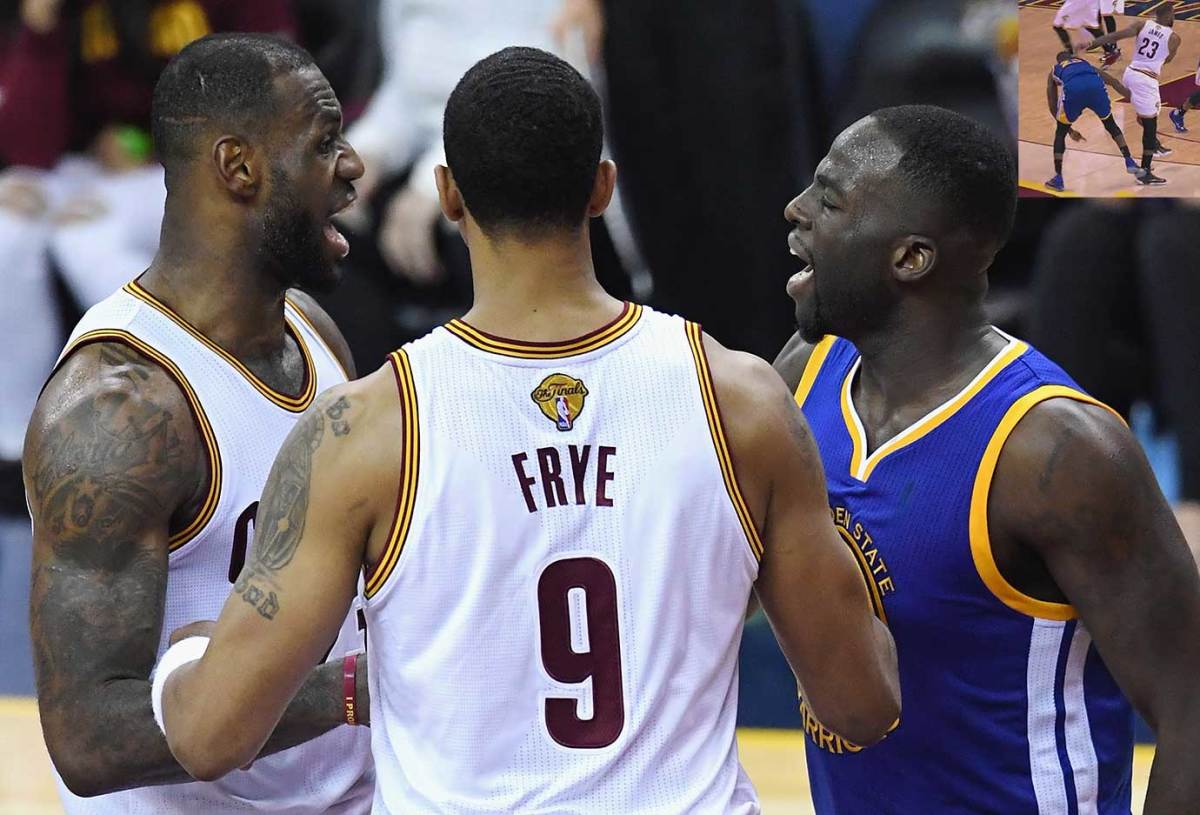
Golden State power forward Draymond Green (right) was suspended for Game 5 of the 2016 NBA Finals after he appeared to have hit LeBron James in the groin area in Game 4.
Rougned Odor (2016)
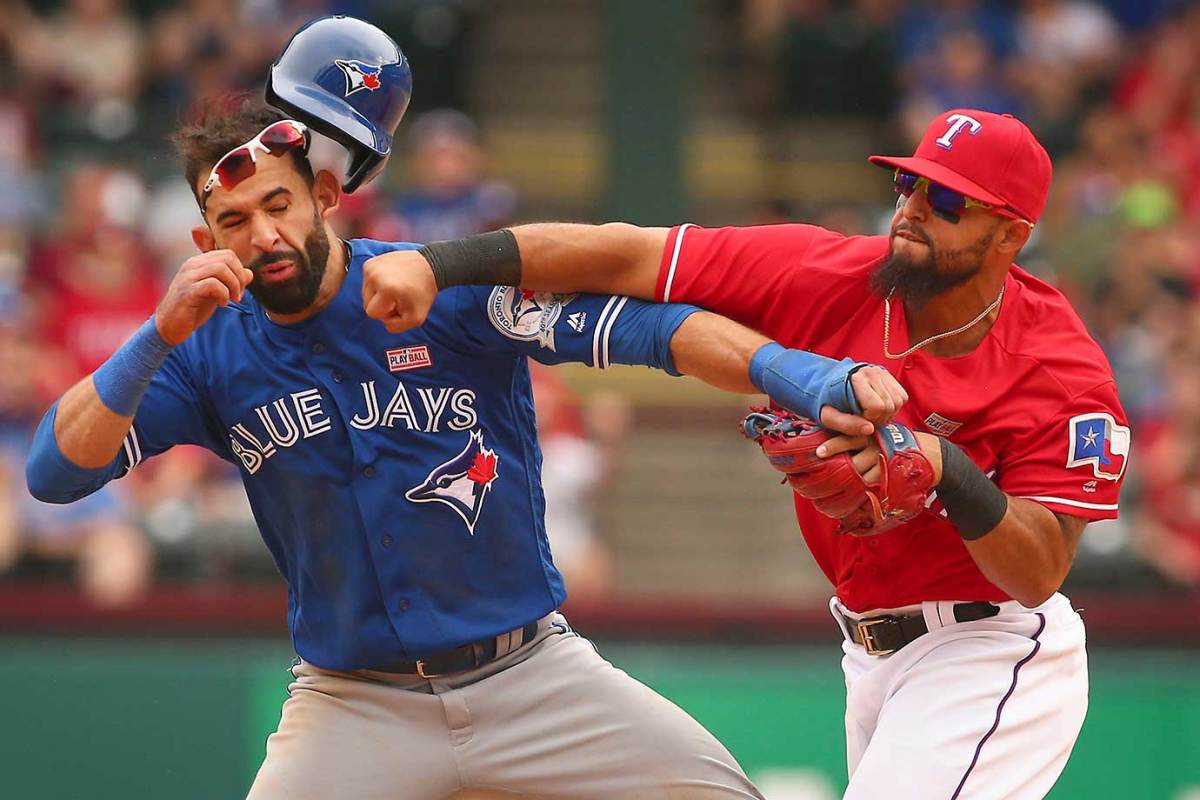
Rougned Odor (right) of the Texas Rangers received a seven-game suspension and Jose Bautista a one-game ban on the heels of their May 15, 2016, fight in Arlington, Texas.
Tom Brady (2016)
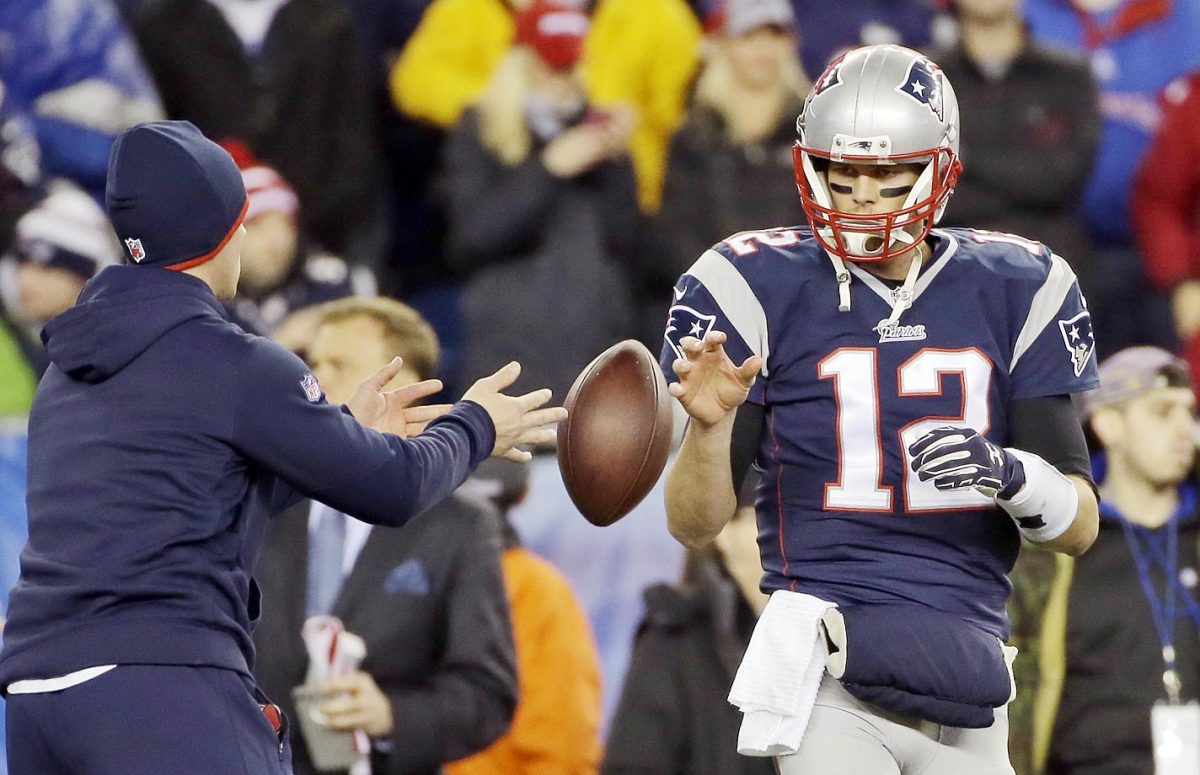
A United States appeals court reinstated Tom Brady's four-game suspension on April 25, 2016, which the NFL originally handed down for his alleged role in a scheme to deflate footballs before the AFC Championship Game on Jan. 18, 2015.
Adrian Peterson (2014)
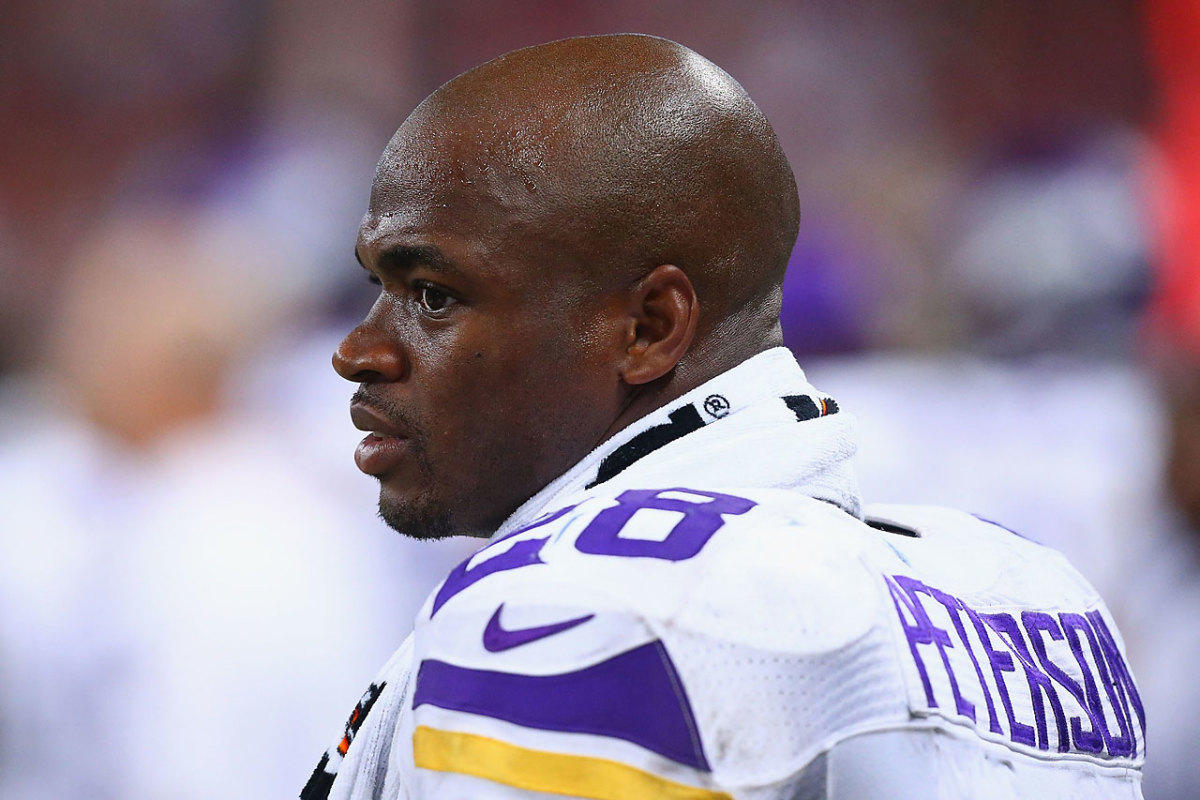
The Minnesota Vikings running back was suspended for the final 15 games of the 2014 season after it was learned he had disciplined his 4-year-old son by hitting him with a wooden switch.
Sidney Crosby (2015)
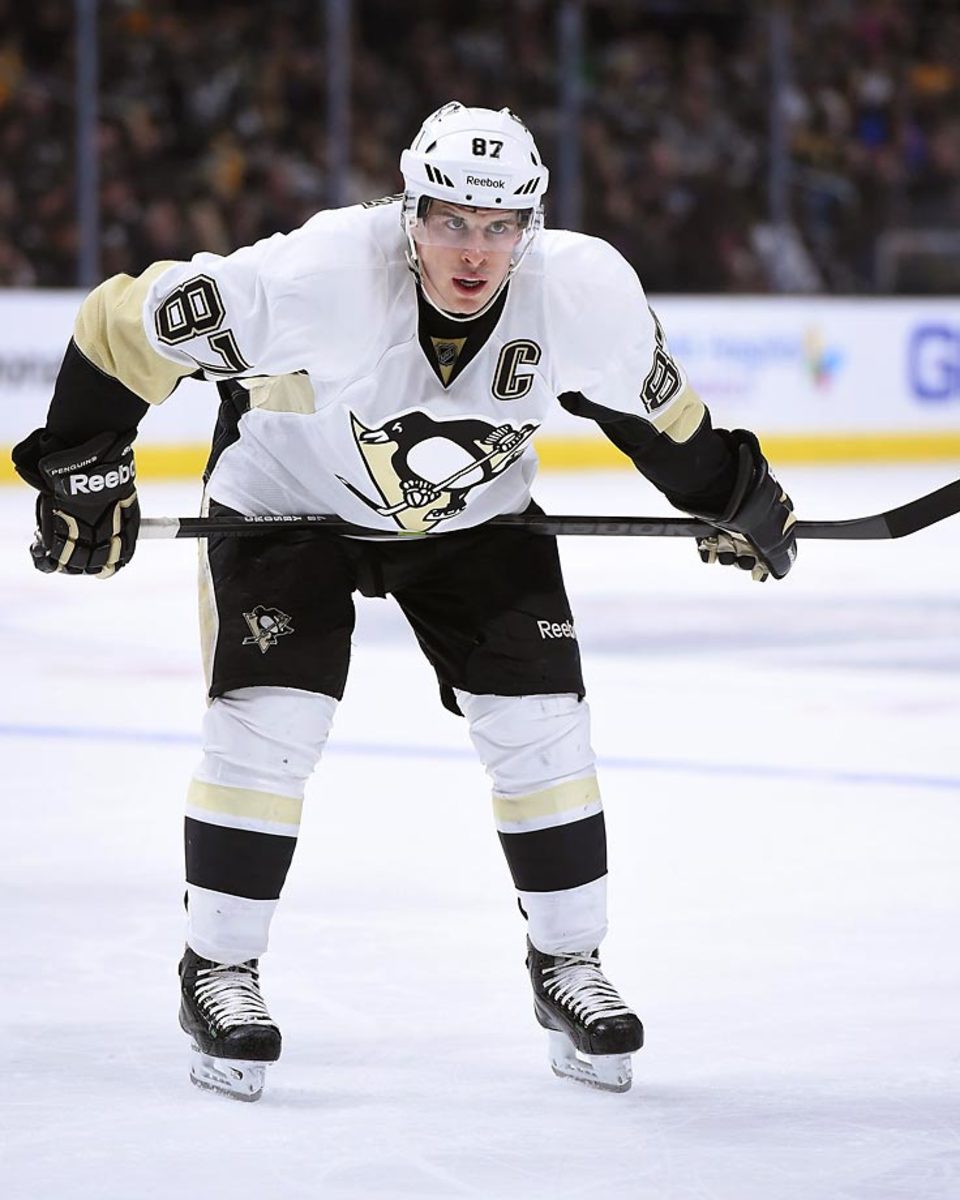
The Penguins captain was handed a one-game ban by the NHL for declining to participate in the 2015 All-Star Weekend festivities in Columbus. Crosby claimed to have a lower-body injury. The league, which requires all high-profile hands to be on deck for such events, did not believe him.
Jon Jones (2015)
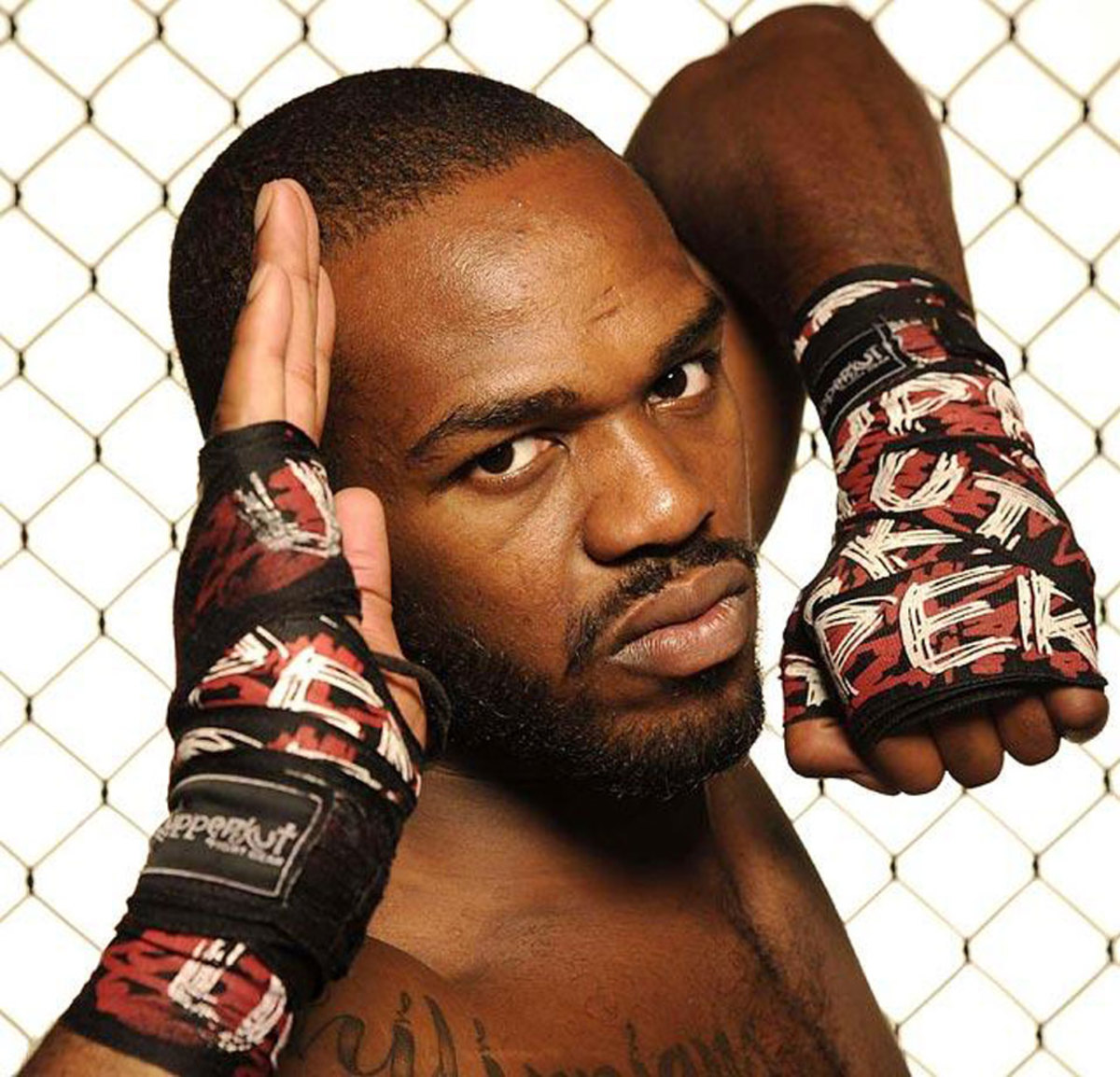
The UFC suspended its light heavyweight champion indefinitely in the wake of his arrest for a hit-and-run accident in April 2015. Roughly an hour before the suspension was reported, Jones tweeted his remorse for his actions recently, saying he was "sorry to have let everyone down."
Kurt Busch (2015)
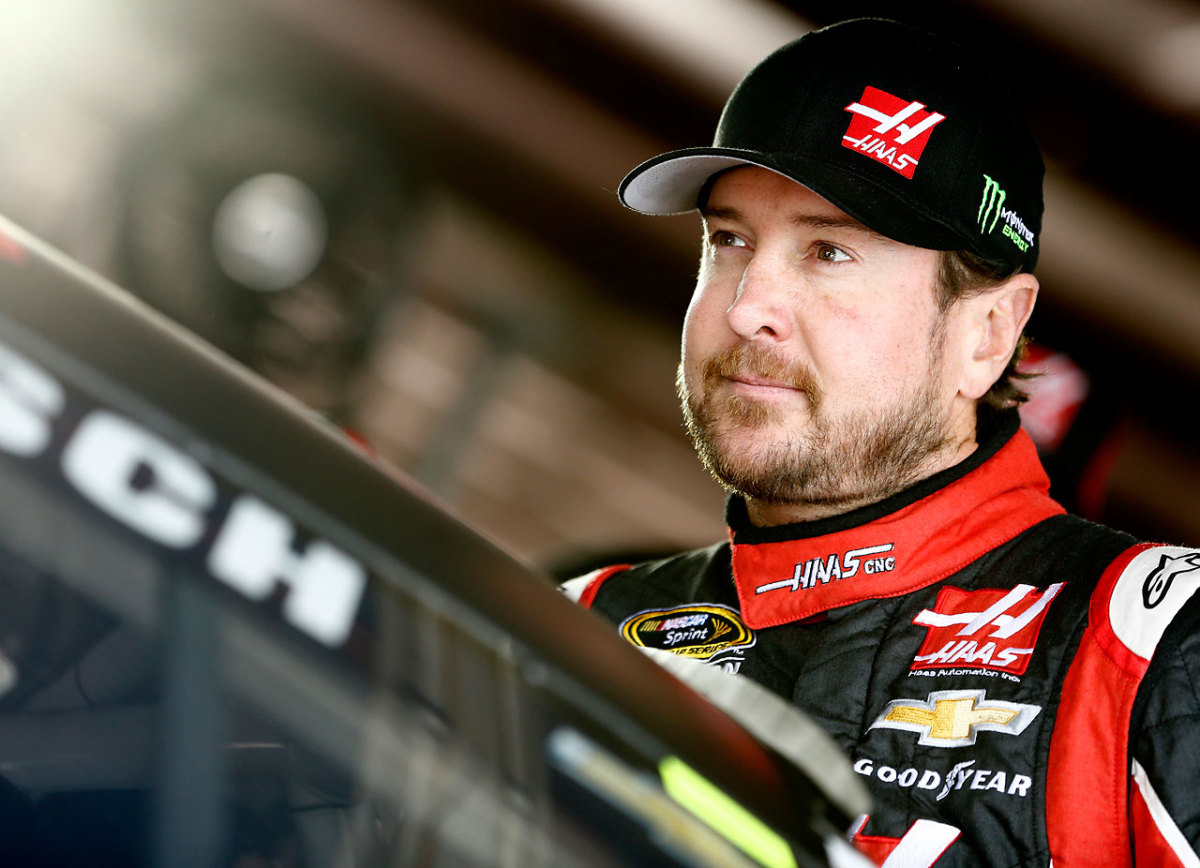
NASCAR suspended the driver indefinitely for conduct detrimental to stock car racing when a judge ruled he probably choked and beat a former girlfriend in fall 2014. It was Busch’s third career suspension. He was banned the final two races of 2005 after being pulled over by police in Arizona and in 2012 he sat out a race after threatening a reporter.
Michael Phelps (2014-15)
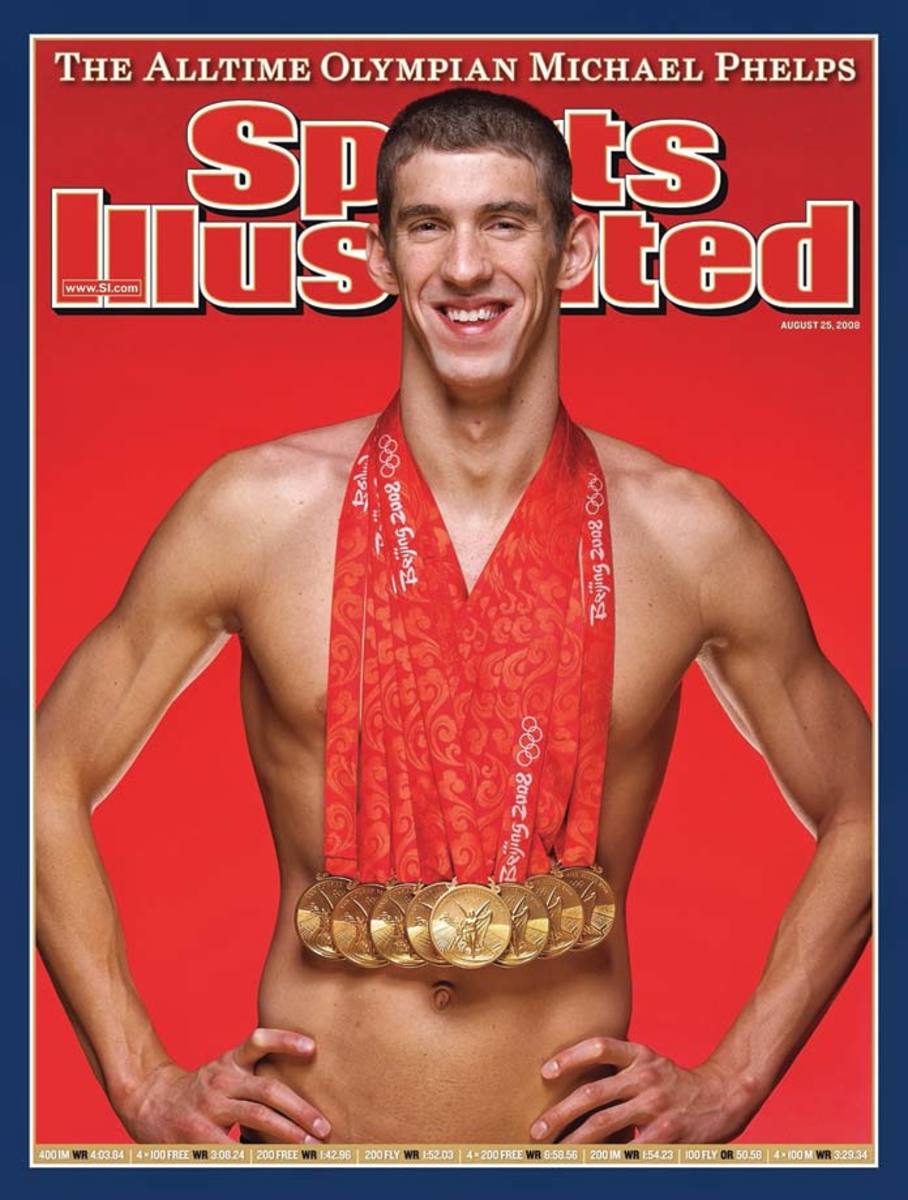
The most decorated Olympian in history picked up a six-month suspension from USA Swimming in October 2014 after being arrested for driving under the influence in Baltimore. Phelps is back swimming this summer, hoping to earn another Olympics berth in 2016.
Alex Rodriguez (2014)
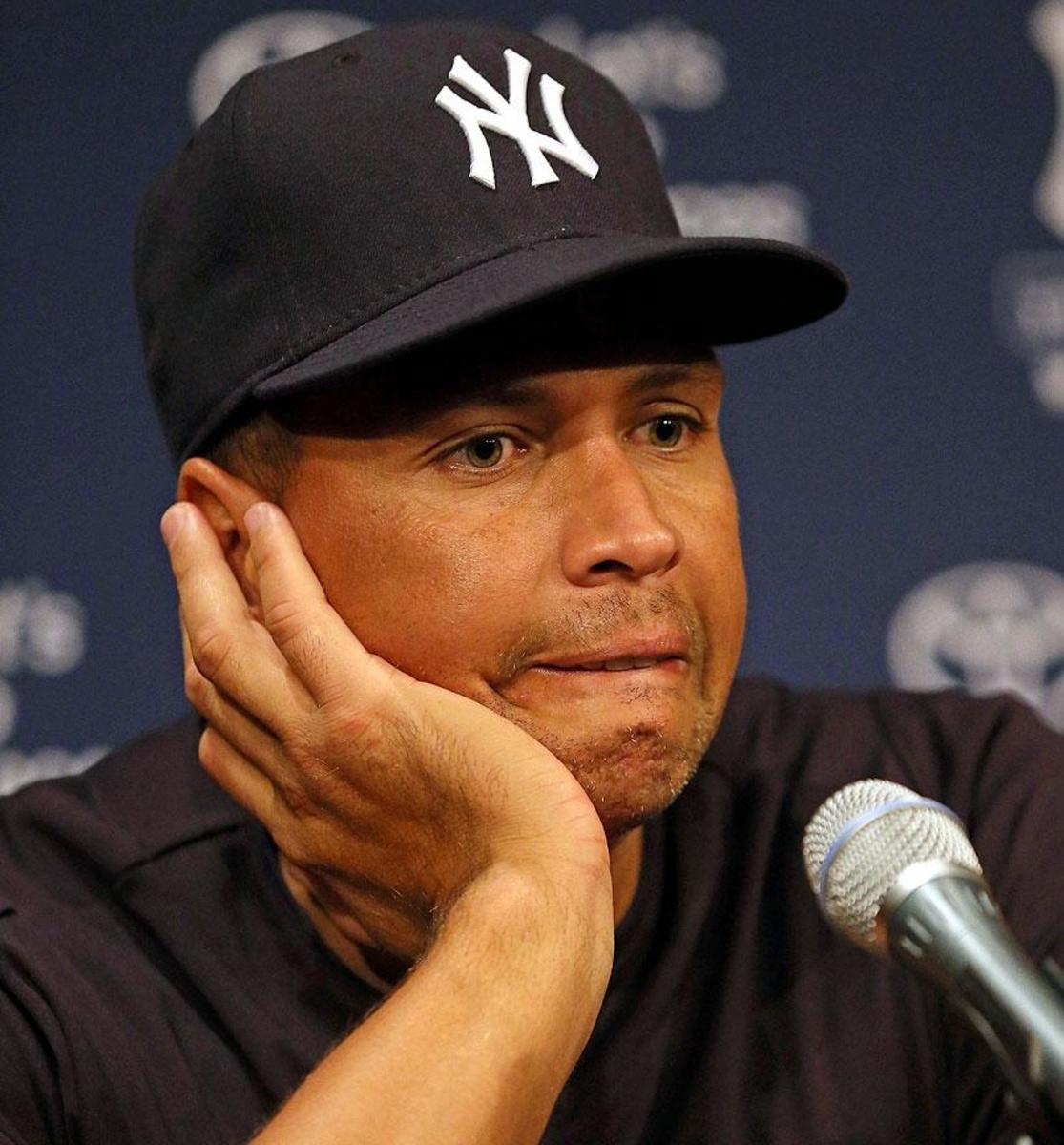
A-Rod missed the entire 2014 season following his suspension for using banned drugs “over the course of multiple years” and attempting to cover up his use.
Maria Sharapova (2016)
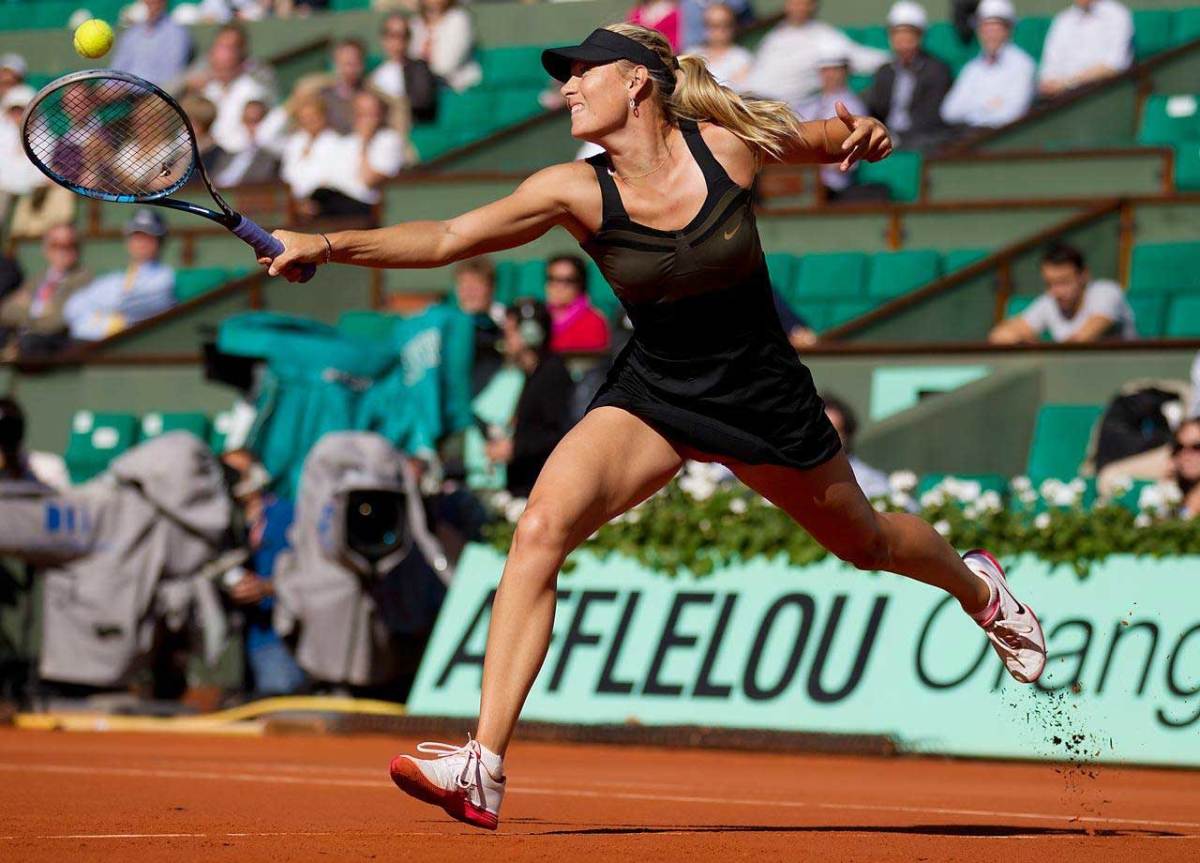
Maria Sharapova was provisionally suspended for testing positive for meldonium doping. She could face a ban as long as four years.
Alex Ovechkin (2012)
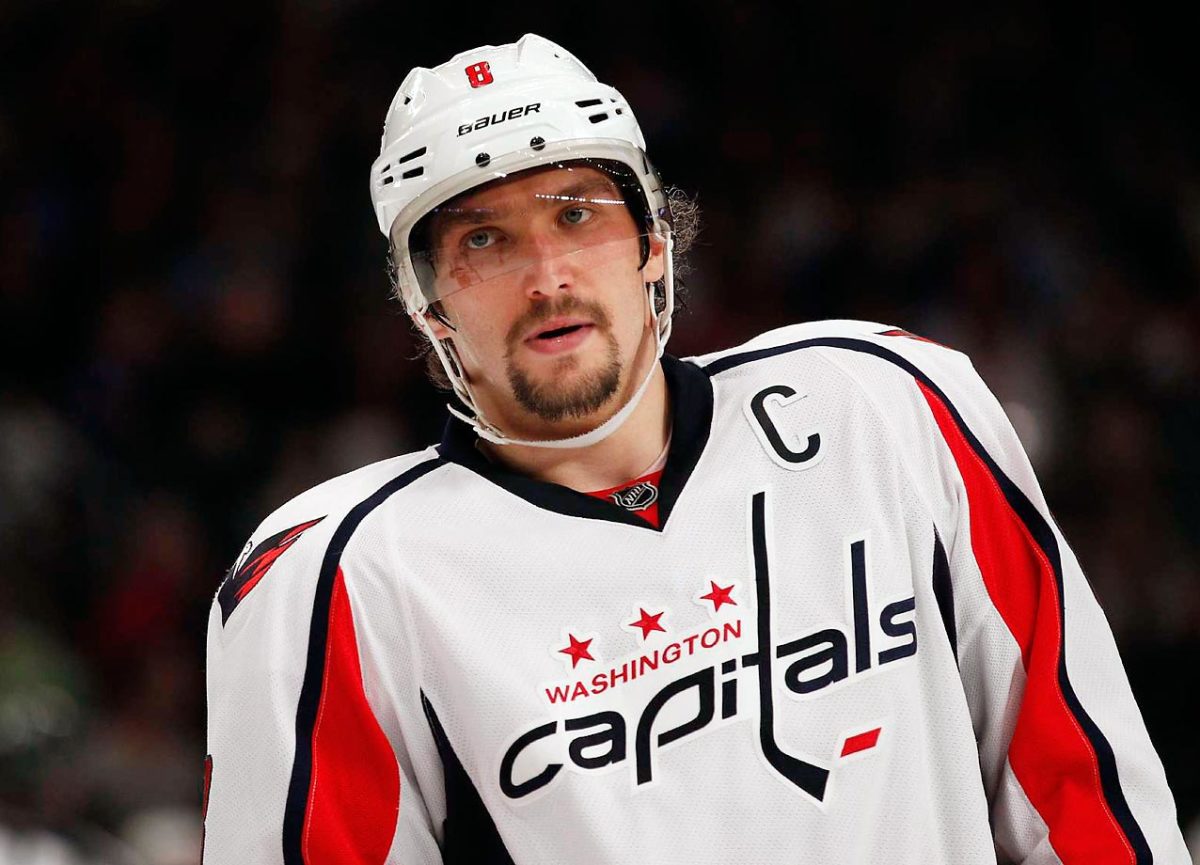
A hit on Pittsburgh’s Zbynek Michalek that the NHL deemed “reckless” resulted in a three-game suspension for the Capitals superstar in January 2012. The ban was Ovechkin’s third in the span of three seasons for delivering dangerous, illegal blows.
Lance Armstrong (2012)
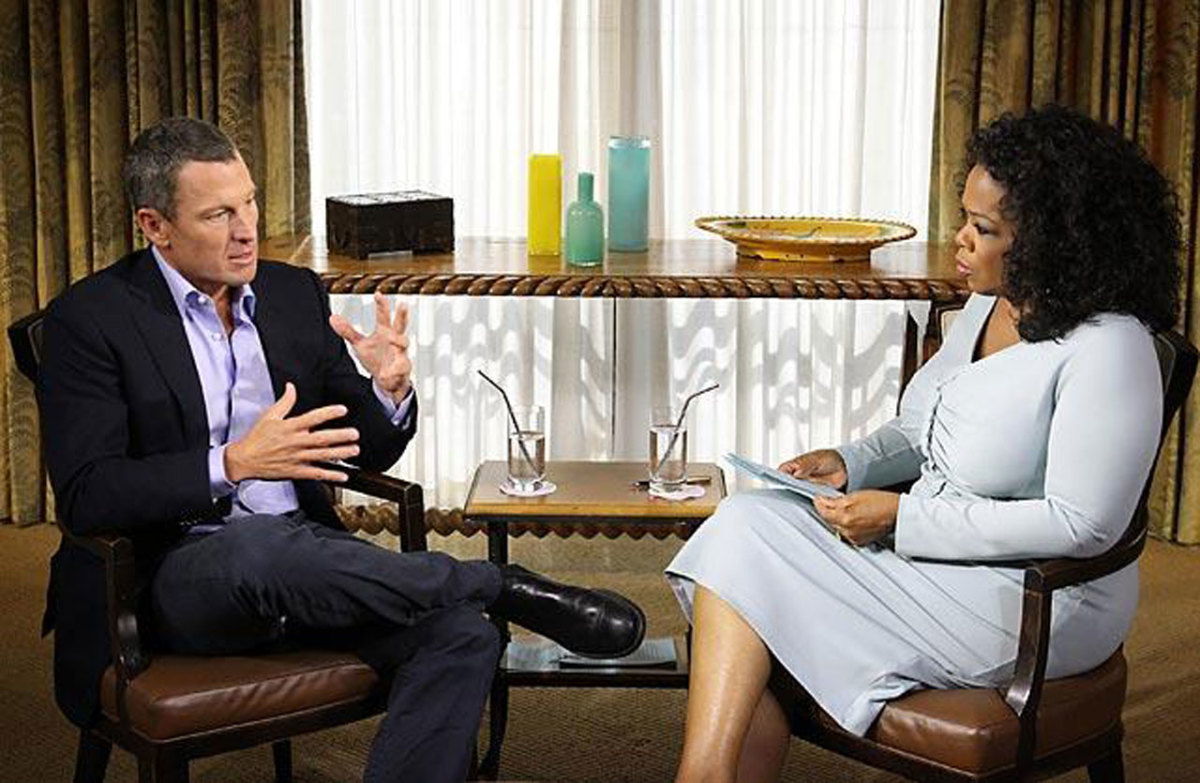
The seven-time Tour de France champion received a lifetime suspension after the U.S. Anti-Doping Agency and World Anti-Doping Agency ruled he had used banned drugs throughout his career, often ordered teammates to do the same and had covered up all the illegal activity. He was stripped of his seven French titles.
Ndamukong Suh (2011, 2014)
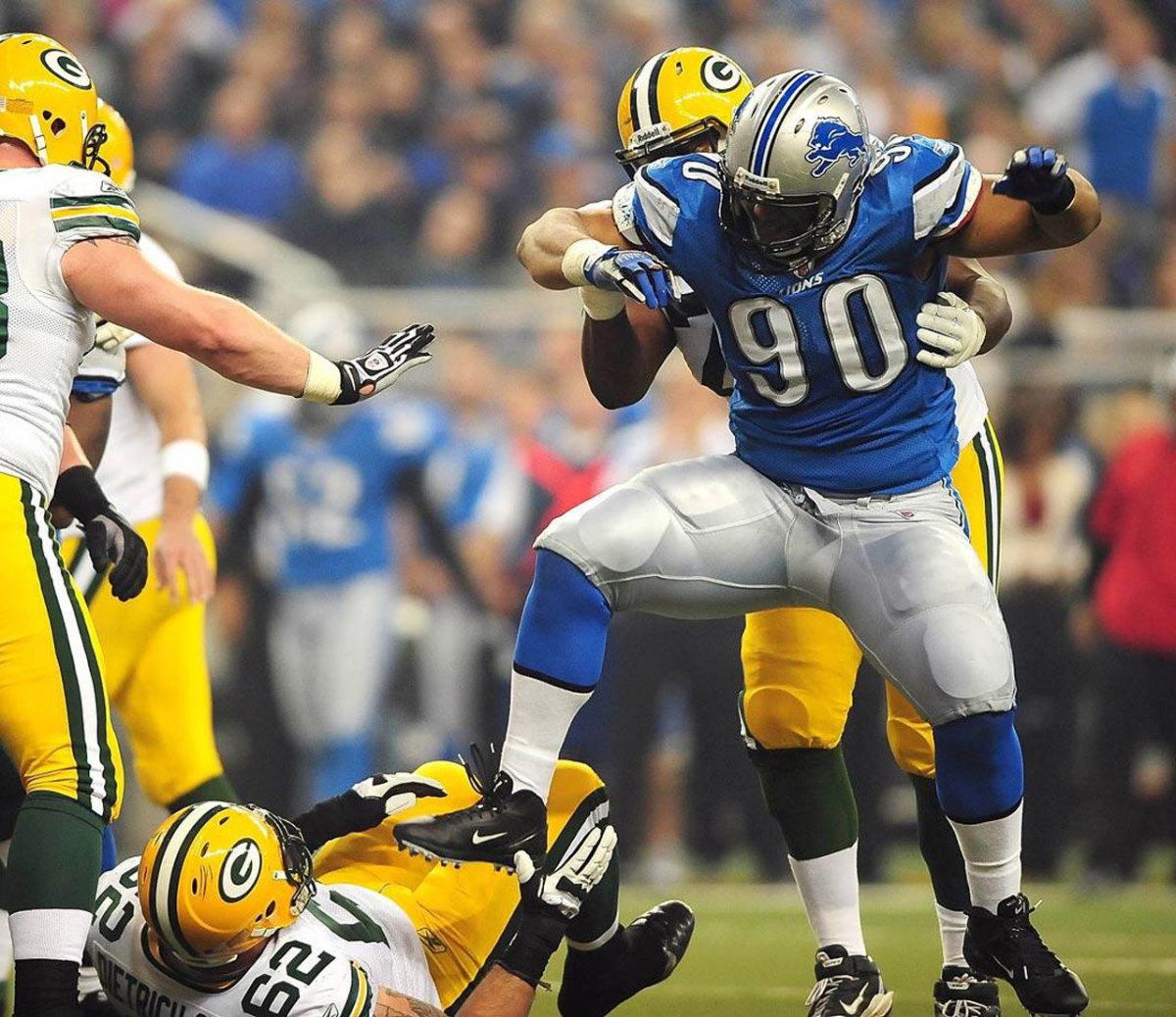
One suspension was not enough for the onetime Detroit Lions defensive lineman. He was suspended two games in 2011 for stomping on Green Bay Packers offensive lineman Evan Dietrich-Smith and then missed the 2014 first-round playoff game vs. Dallas for stomping on Green Bay quarterback Aaron Rodgers’ leg during the 2014 regular season finale. In 2015, Suh will be doing his stomping for the Miami Dolphins.
Blake Griffin (2016)
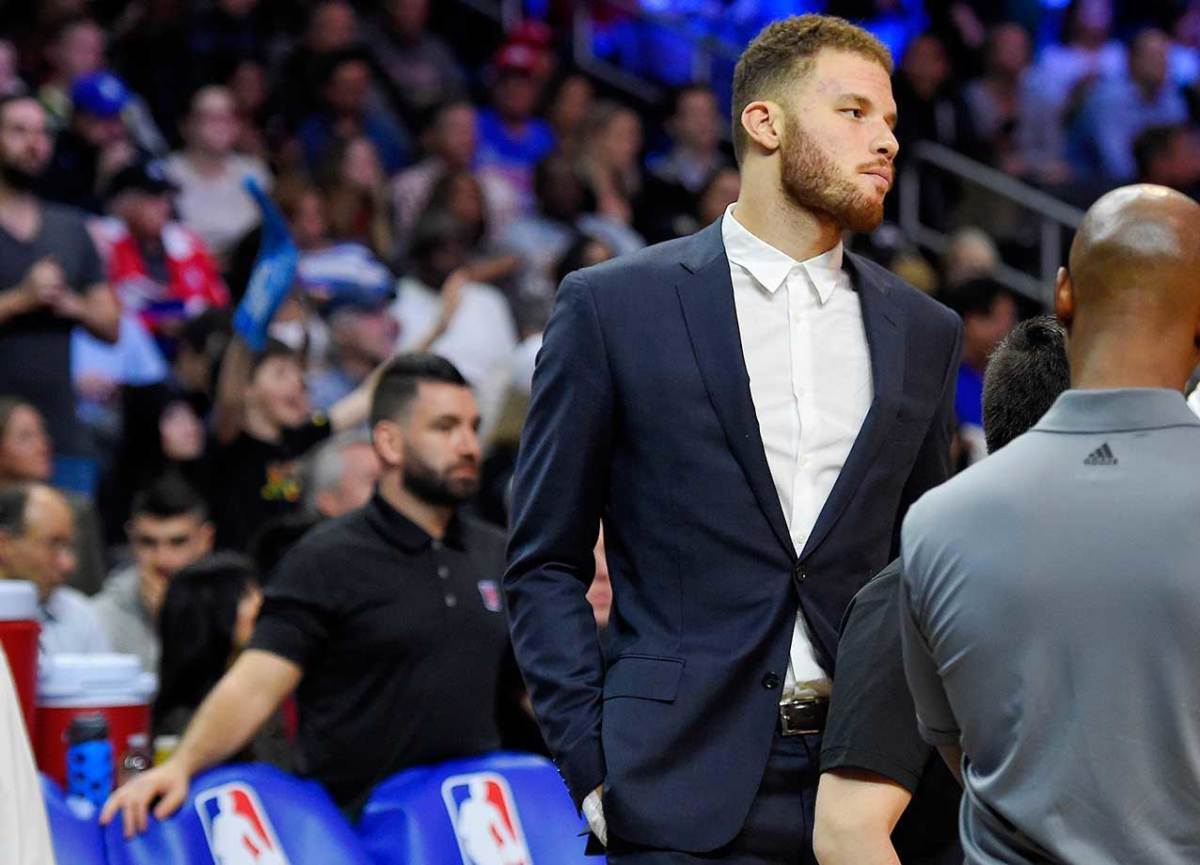
Blake Griffin received a four-game suspension for punching the Clippers' assistant equipment manager Matias Testi (pictured in background).
Ben Roethlisberger (2010)
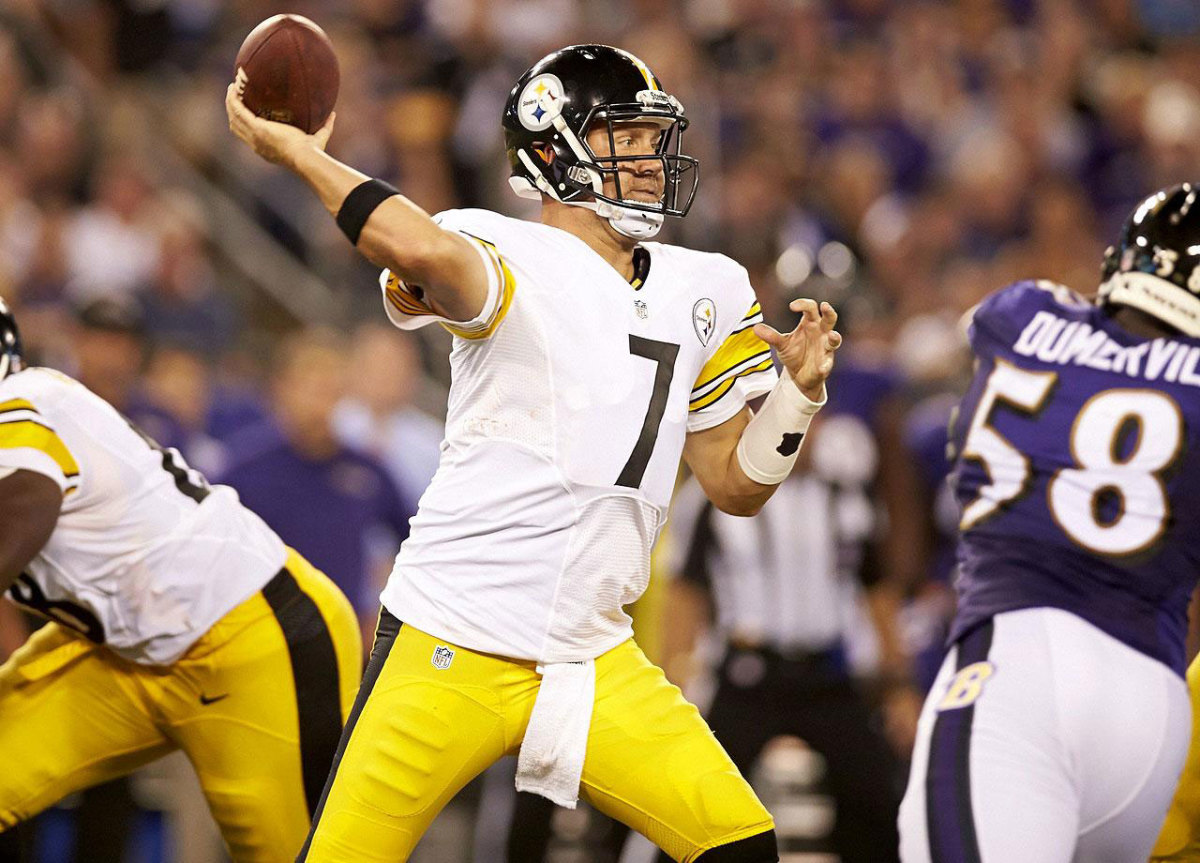
A series of off-field incidents put Big Ben in hot water with NFL and Pittsburgh Steelers officials but an alleged sexual attack on a woman in the restroom of a Georgia nightclub in March 2010 was the last straw. Although no charges were brought, NFL Commissioner Roger Goodell handed Roethlisberger a six-game suspension, later reduced to four, to start the 2010 season.
Serena Williams (2009)
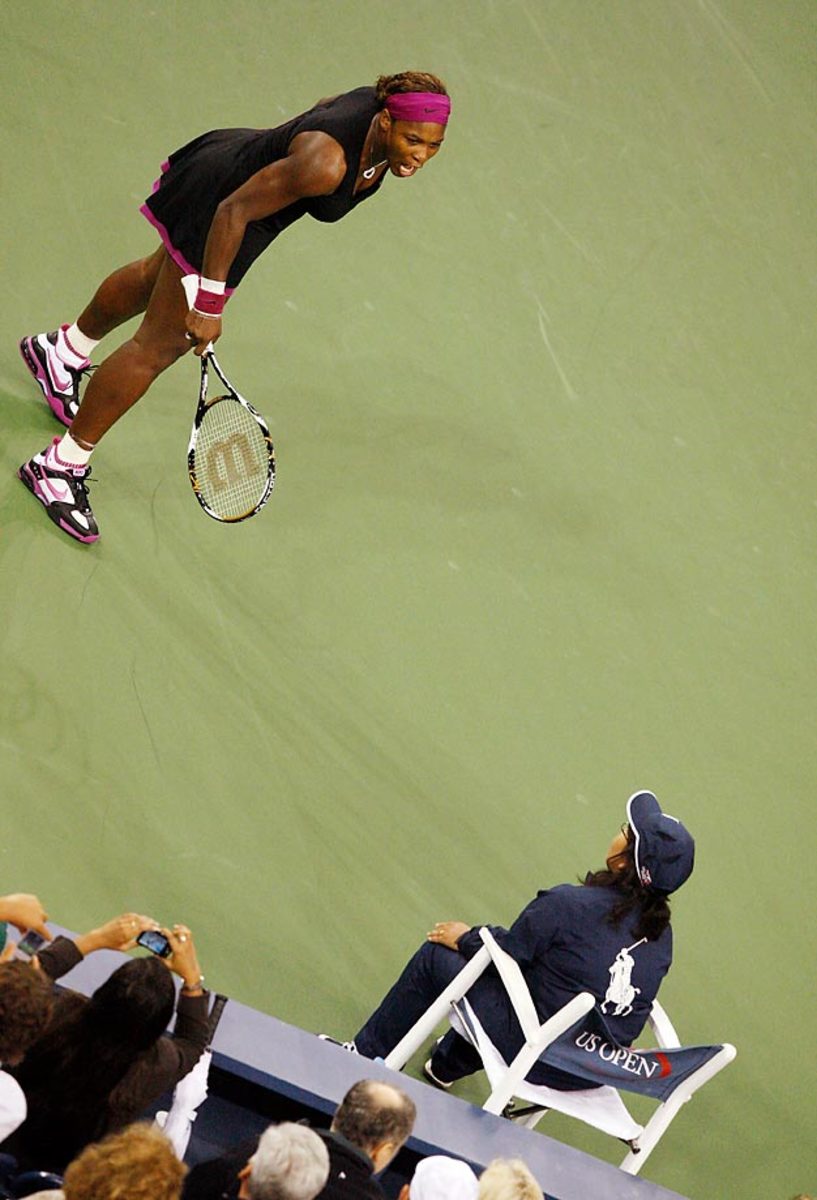
Serena Williams was fined a Grand Slam-record $175,000 (later reduced to $82,500) and given a suspended two-year ban from the U.S. Open after her 2009 tirade at the New York tournament (pictured). She was told that the ban would take effect if she committed any further major offense before the end of 2011. The tennis superstar received a $2,000 fine, but no suspension, for verbally abusing the chair umpire during a loss to Samantha Stouser in the 2011 U.S. Open final.
Pavel Datsyuk and Nicklas Lidstrom (2009)
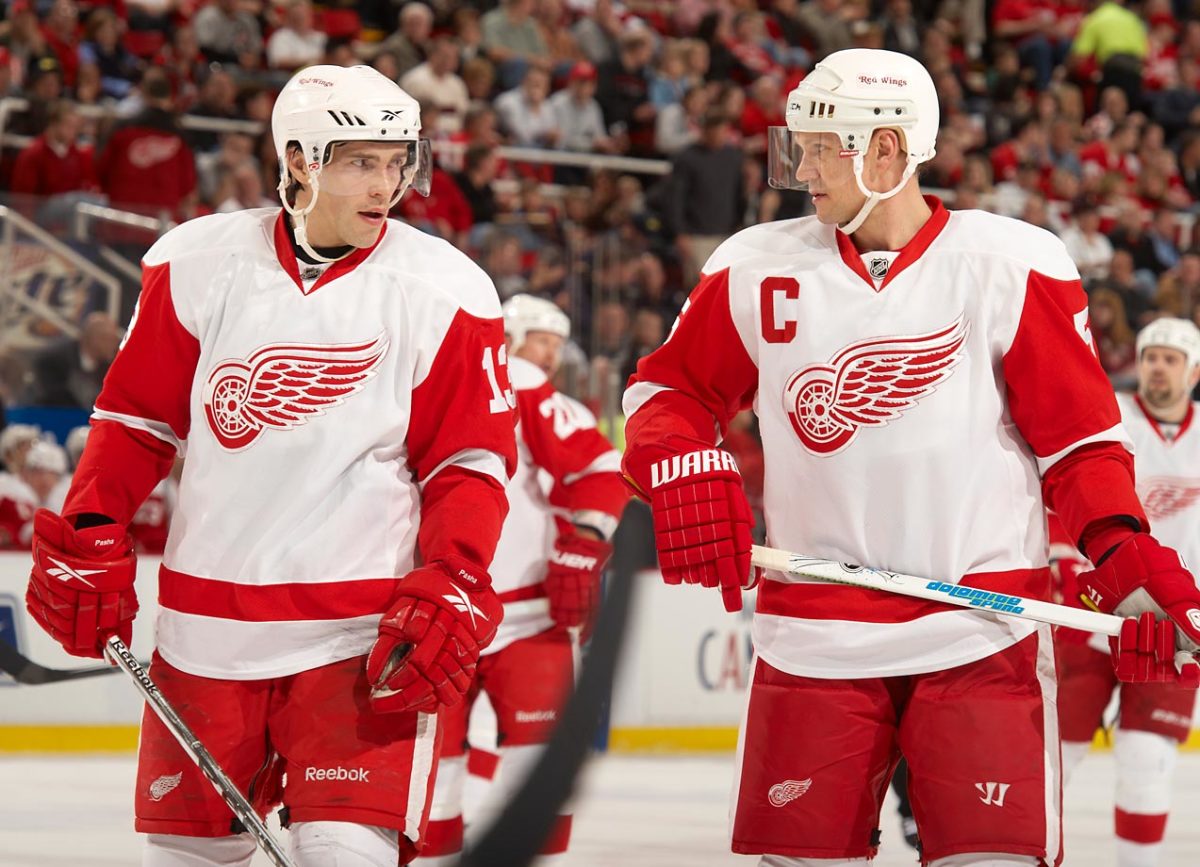
When the Red Wings captain and his teammate Pavel Datsyuk declined to play in the 2009 NHL All-Star Game in Montreal the league suspended them for their team’s next regular season game.
Diana Taurasi (2009)
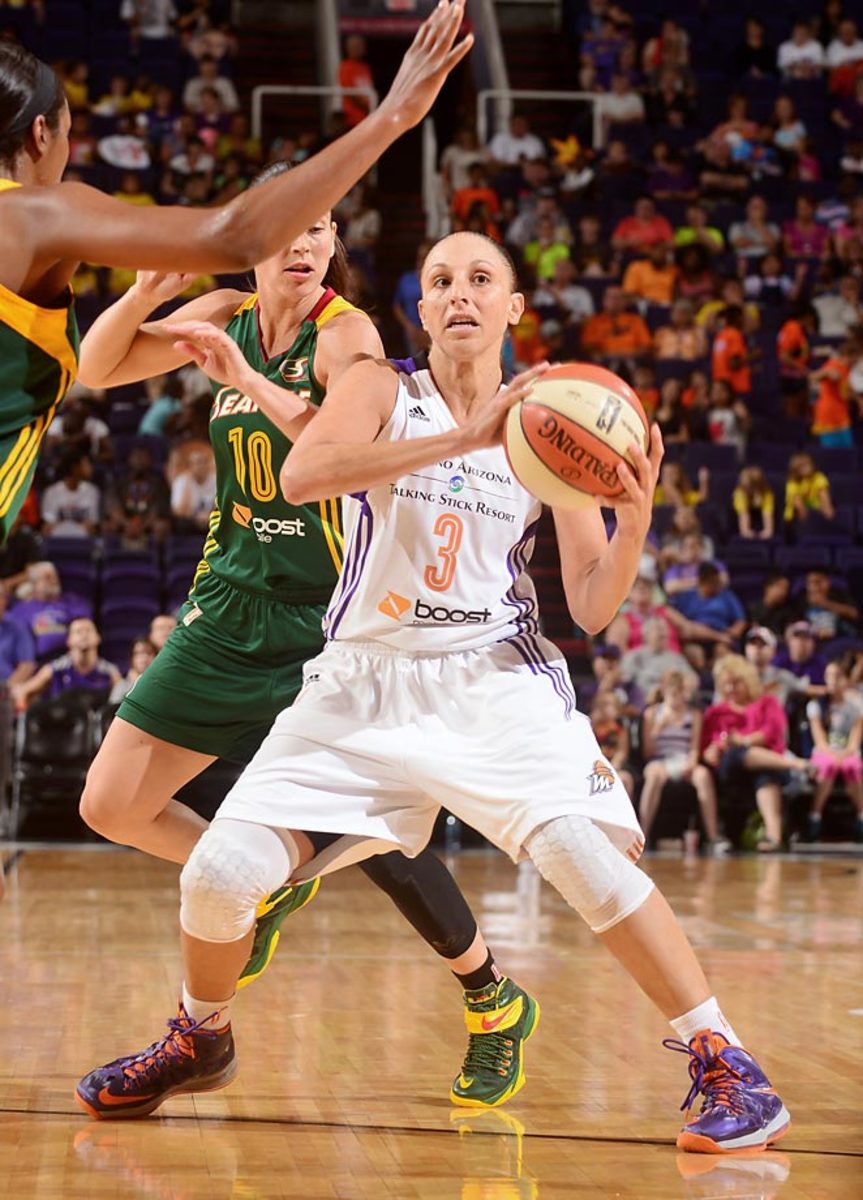
The five-time WNBA scoring champion was suspended for two games witihout pay by the Phoenix Mercury in 2009 on the heels of her arrest on three drunken driving related charges. The All-Star guard received a one-game suspension in July 2013 for an accumulation of technical fouls and another one-game penalty for the same offense later that season.
John Daly (2008-09)
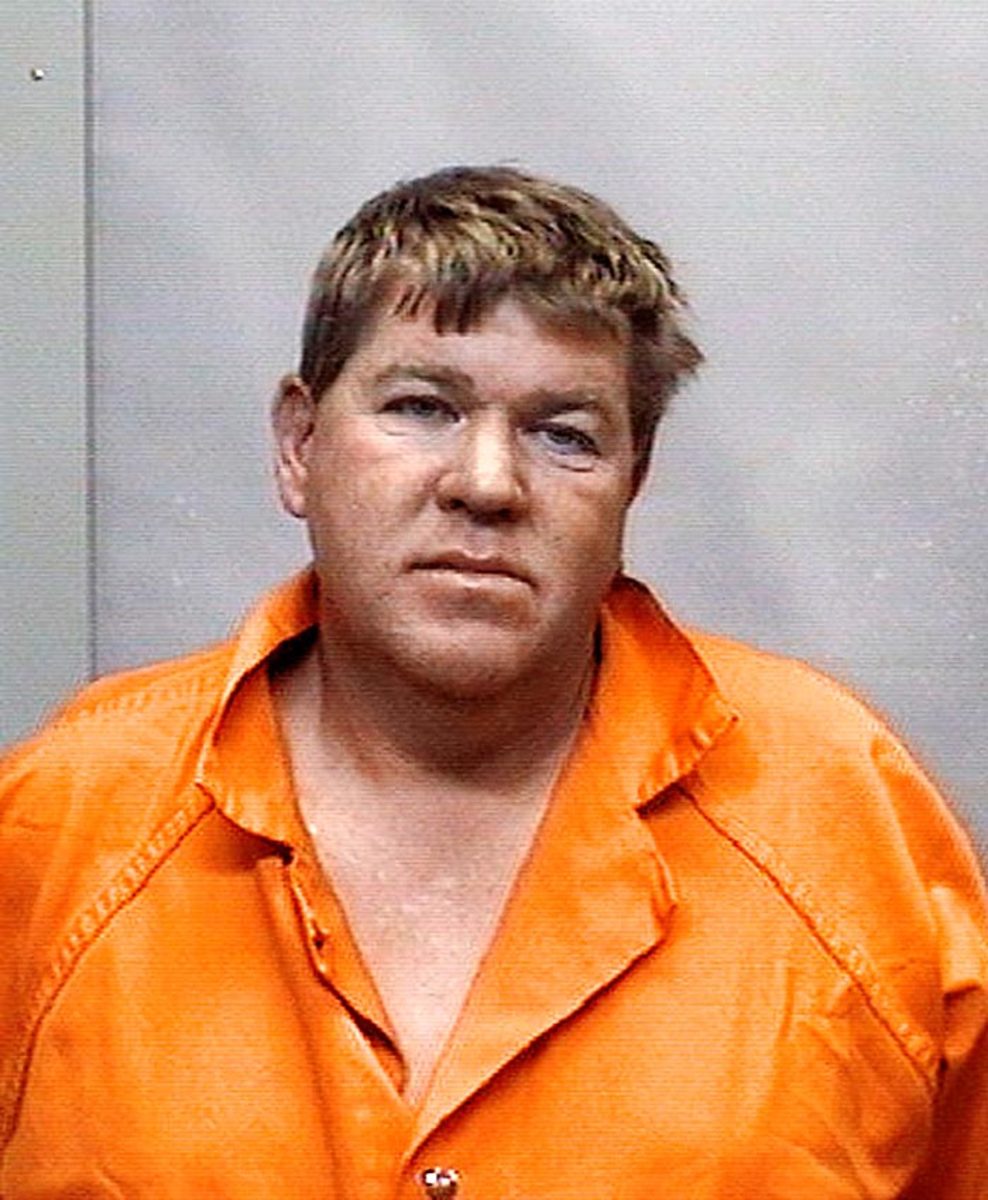
Untoward incidents, including time in jail, driving a golf ball off a beer can and appearing at a Missouri golf event wearing only blue jeans, earned the one-time PGA and British Open champ a six-month suspension from the PGA Tour.
Plaxico Burress (2008)
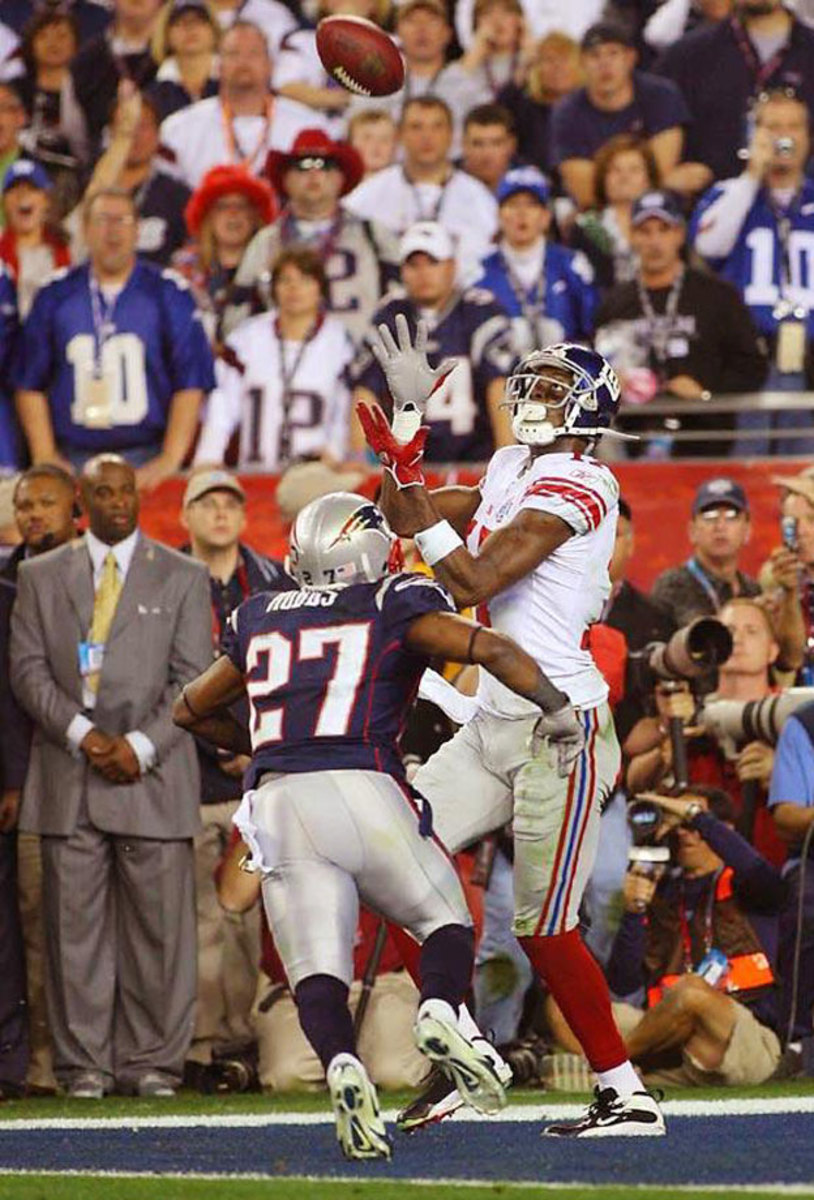
Less than a year after Burress caught the winning touchdown in Super Bowl XLII to stun the unbeaten New England Patriots, the Giants suspended their angular wide receiver for the final four games of the 2008 season and the playoffs after he accidentally shot himself in the leg while at a New York nightclub.
Michael Vick (2007-09)
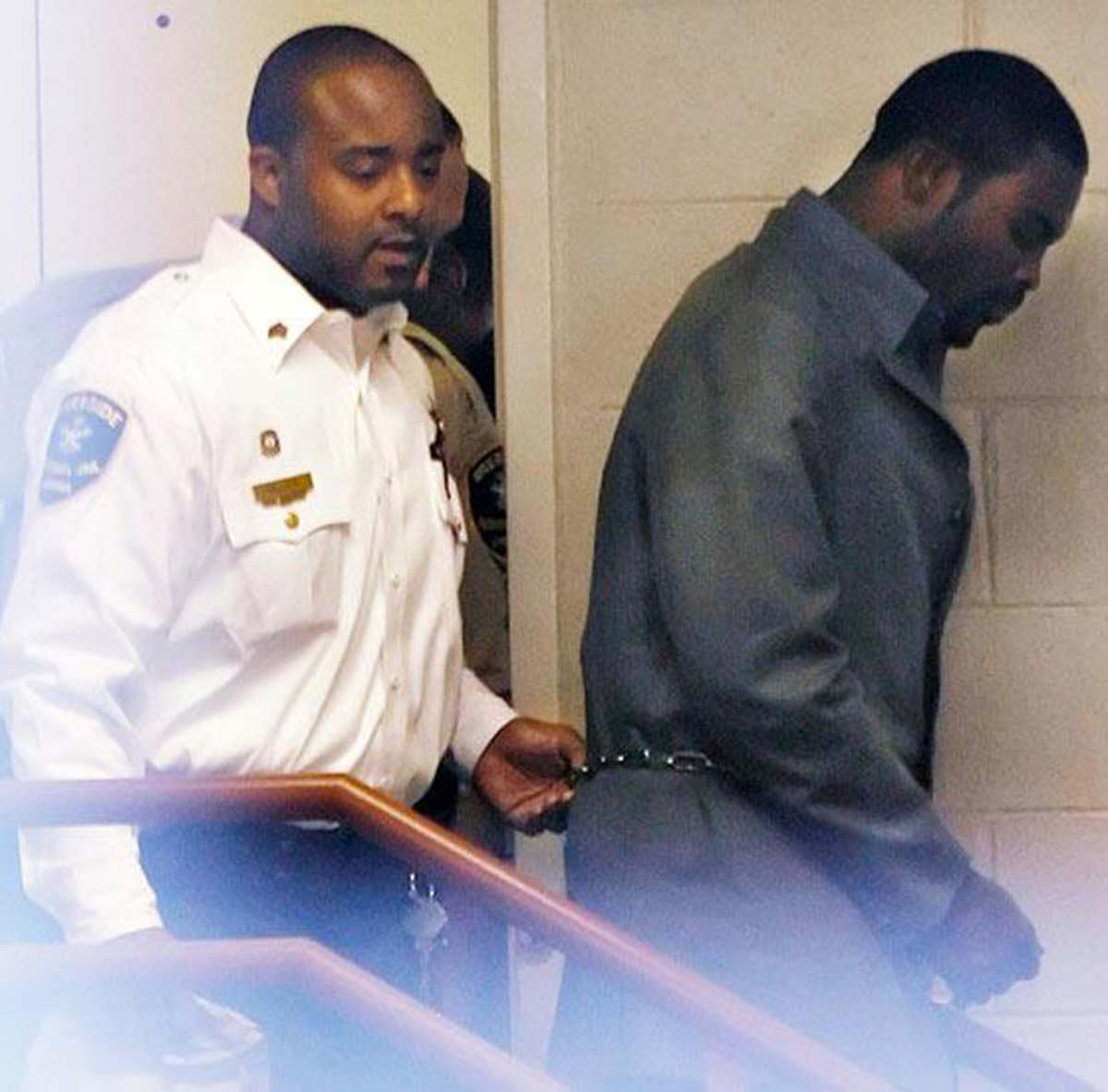
The Atlanta Falcons quarterback received an indefinite suspension in 2007 from Commissioner Roger Goodell for his involvement with an illegal dog-fighting ring. Vick served 19 months in prison and was reinstated by Goodell in 2009.
Marion Jones (2007)
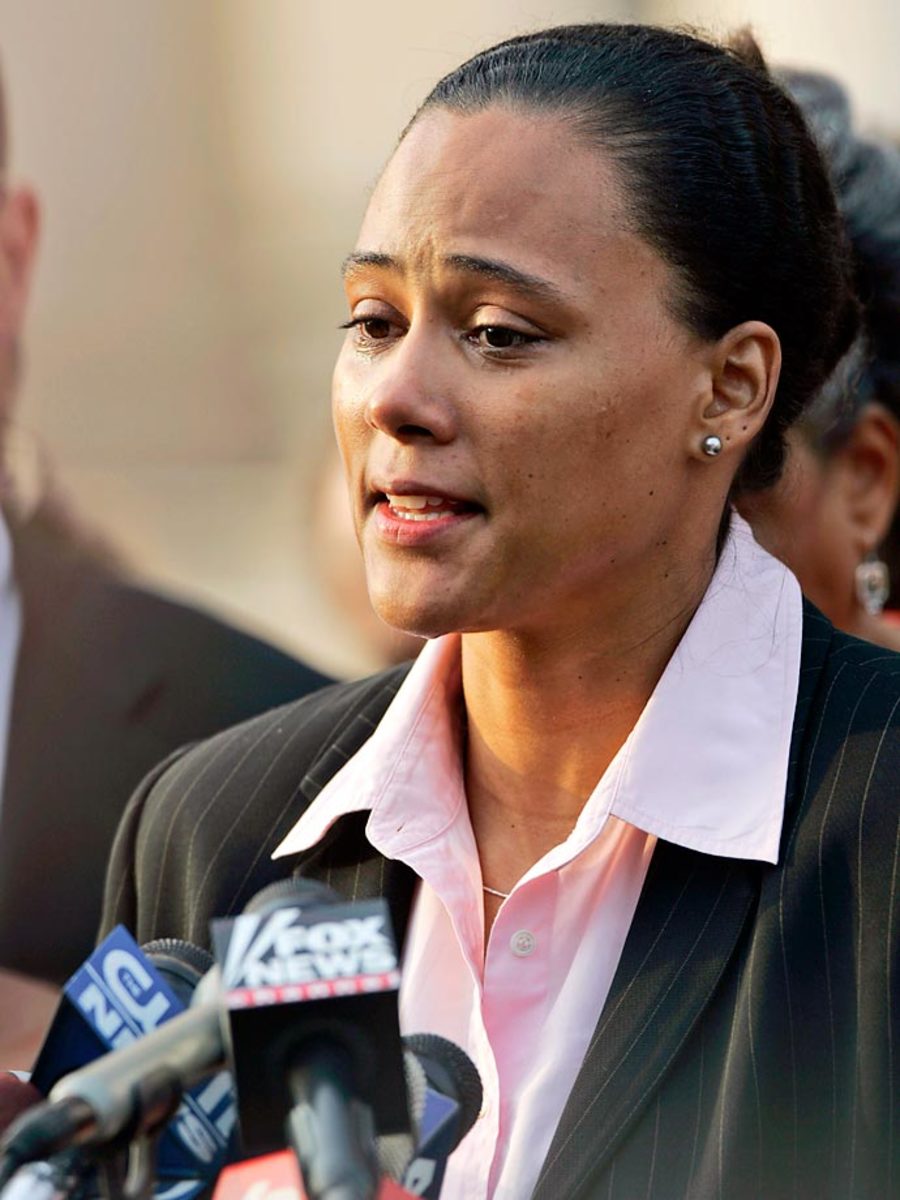
Other than Barry Bonds, perhaps the most famous athlete associated with the BALCO drug scandal was Jones, winner of five track and field medals at the 2000 Sydney Olympics, three of them gold. But after admitting she took performance-enhancing drugs before the Sydney Games—and lying to federal agents—Jones received a two-year ban from competition and a six-month jail sentence. The International Olympic Committee forfeited all Jones’ medals.
Kobe Bryant (2006)
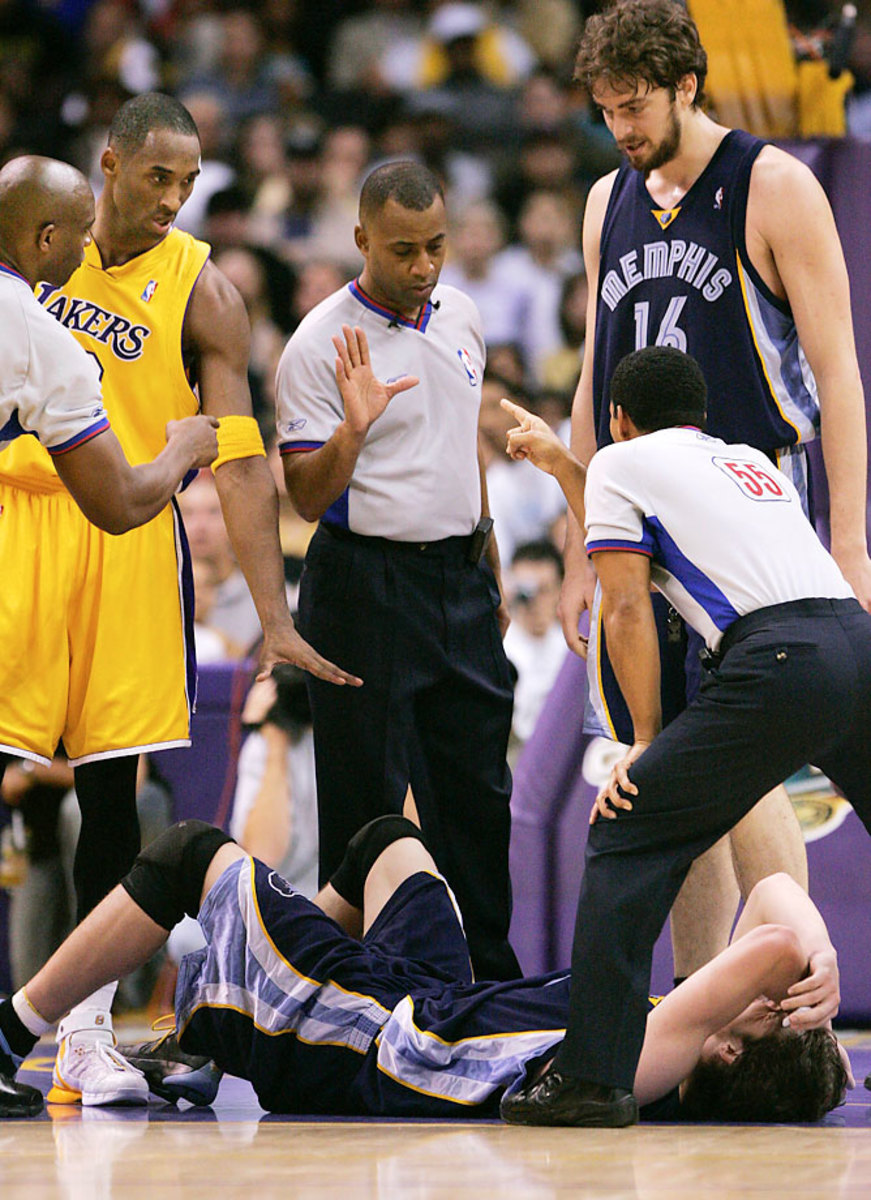
The L.A. Lakers star received a two-game suspension after elbowing the Memphis Grizzlies’ Mike Miller in the throat. One year later he picked up a one-game suspension for another elbow, this time against San Antonio’s Manu Ginobili.
Sammy Sosa (2003)
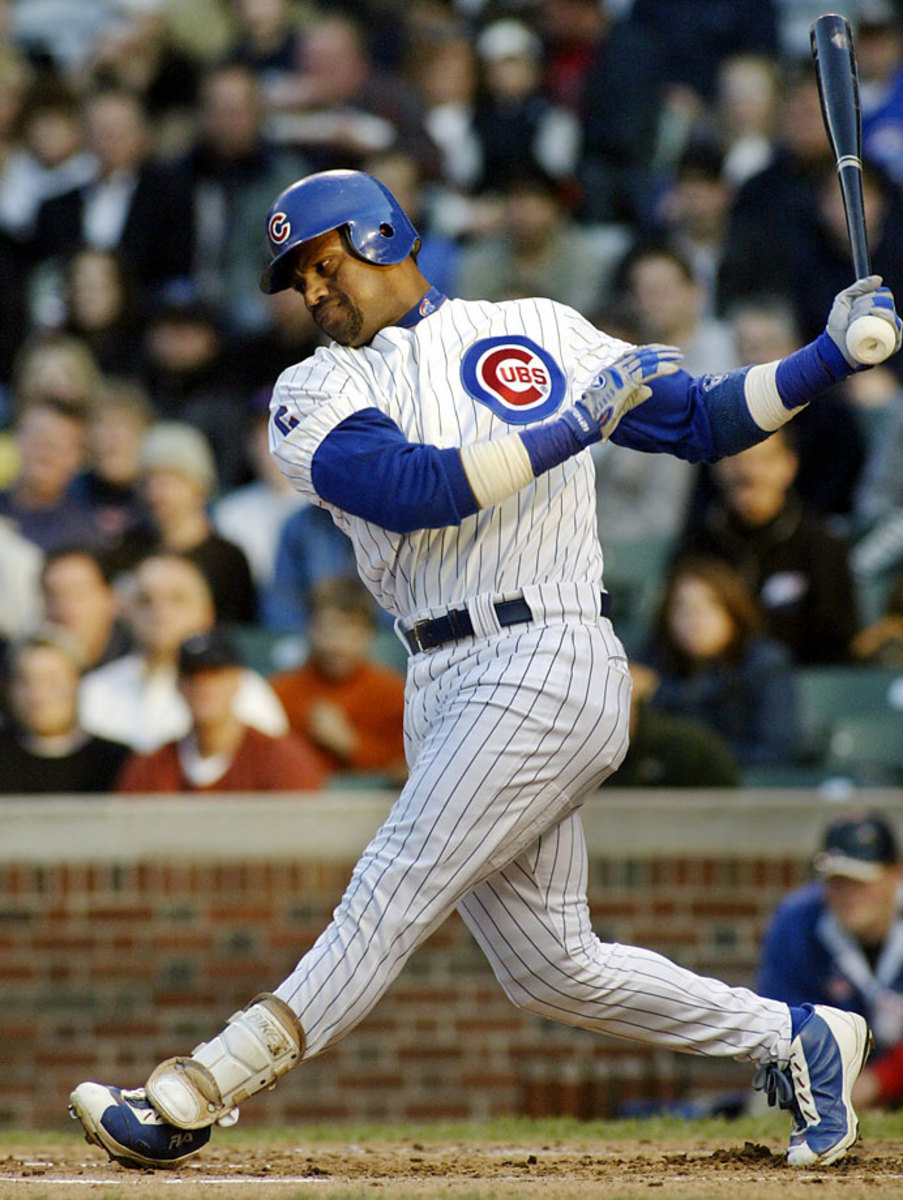
Long before his name was associated with performance-enhancing drugs, the Chicago Cubs slugger received a seven-game suspension for using a corked bat during a during a June 4, 2003, game (pictured) against Tampa Bay. Sosa said the cork was for belting long home runs during batting practice and he had used it by mistake. It was the beginning of the end of his romance with Cubs fans.
Reggie Miller (2002)
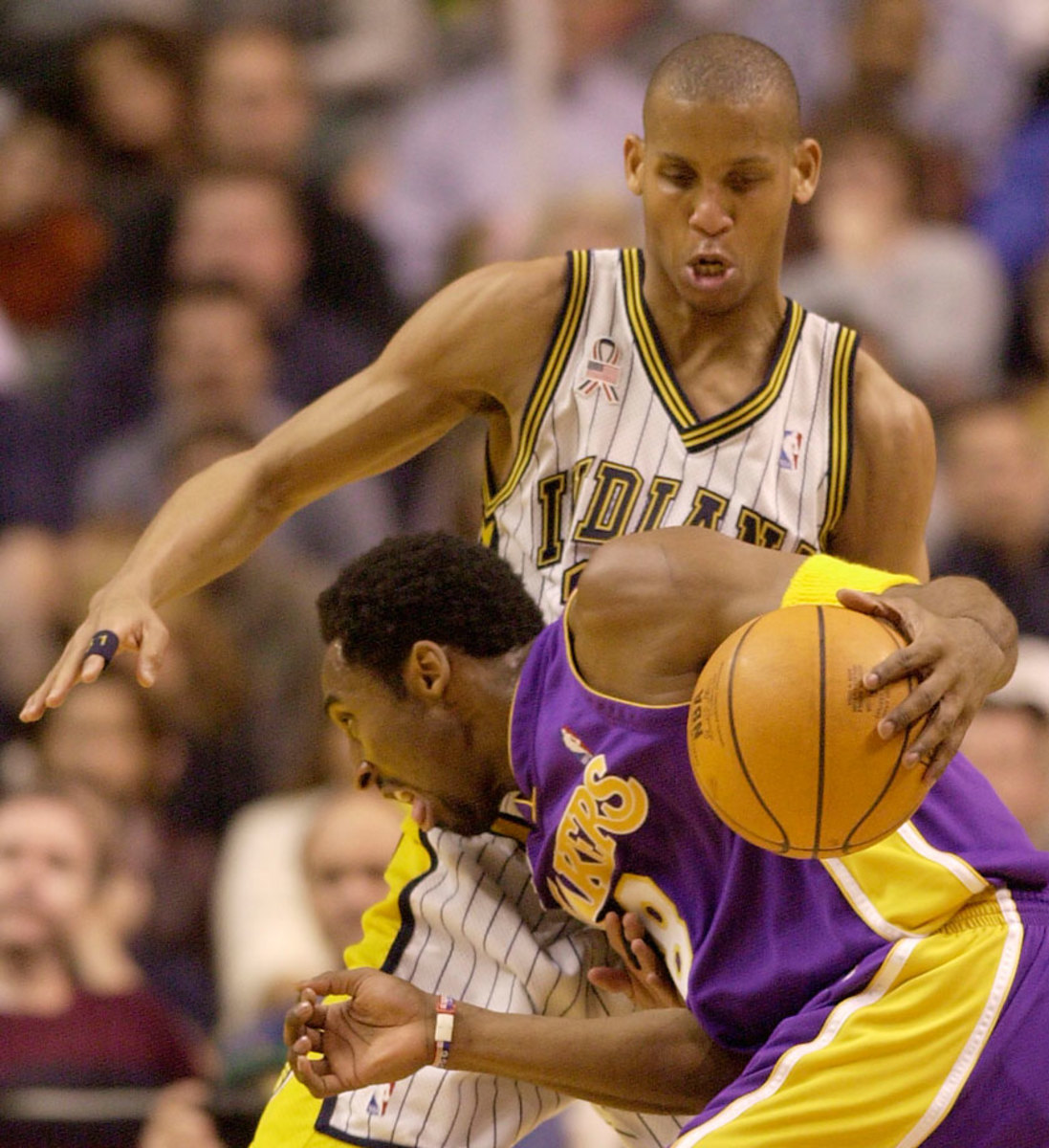
Winter 2002 might have had Indiana Pacers fans wondering if their sharpshooting guard was a basketball player or boxer. In February, Miller scuffled with Philadelphia’s Derrick Coleman and in March he battled with Kobe Bryant, earning a one-game suspension for the first fight and two-game sit down for the second bout.
Mike Tyson (1997)
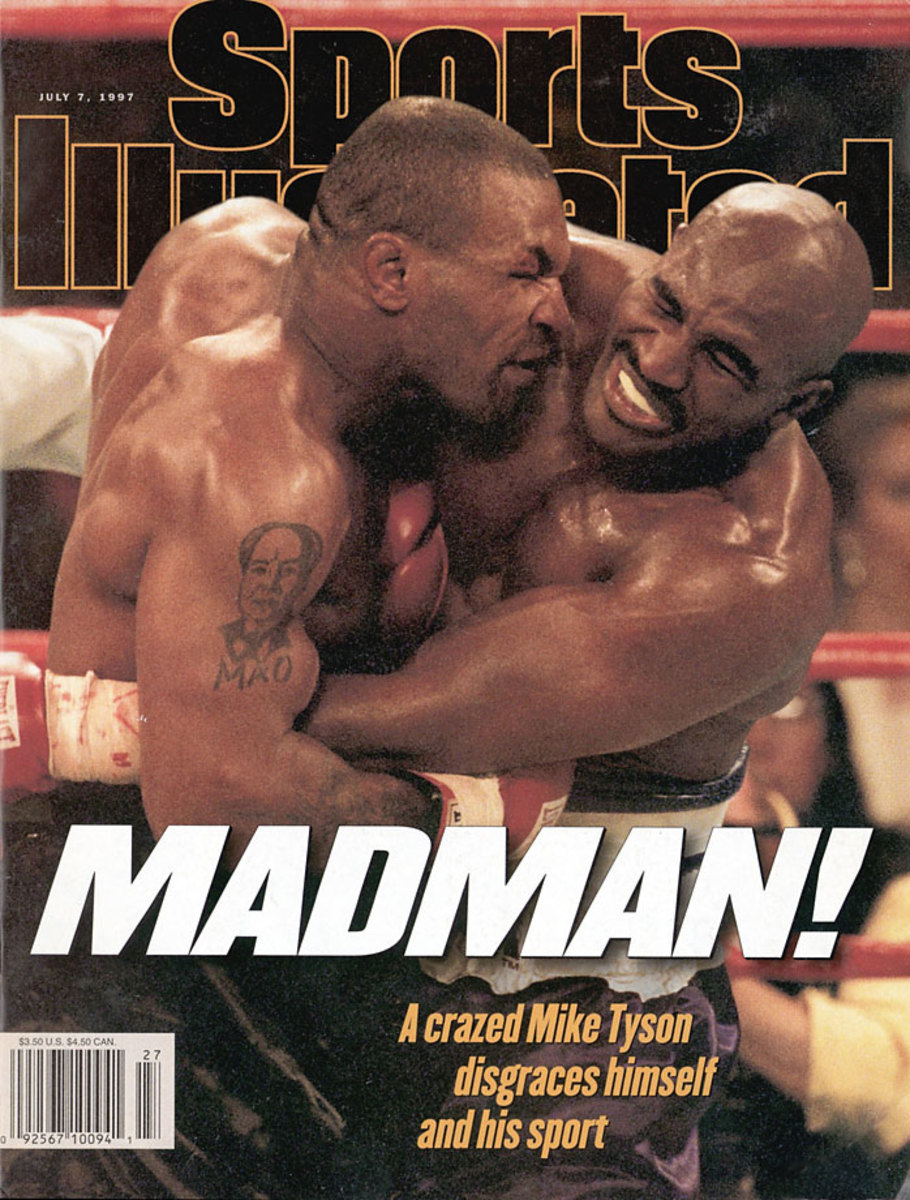
Iron Mike received what amounted to an 18-month suspension after biting Evander Holyfield’s ears not once but twice during their heavyweight championship bout June 28, 1997, in Las Vegas. Tyson returned to the ring in January 1999 but was only a shadow of the fighter who had dominated heavyweights during the late 1980s.
Dominik Hasek (1997)
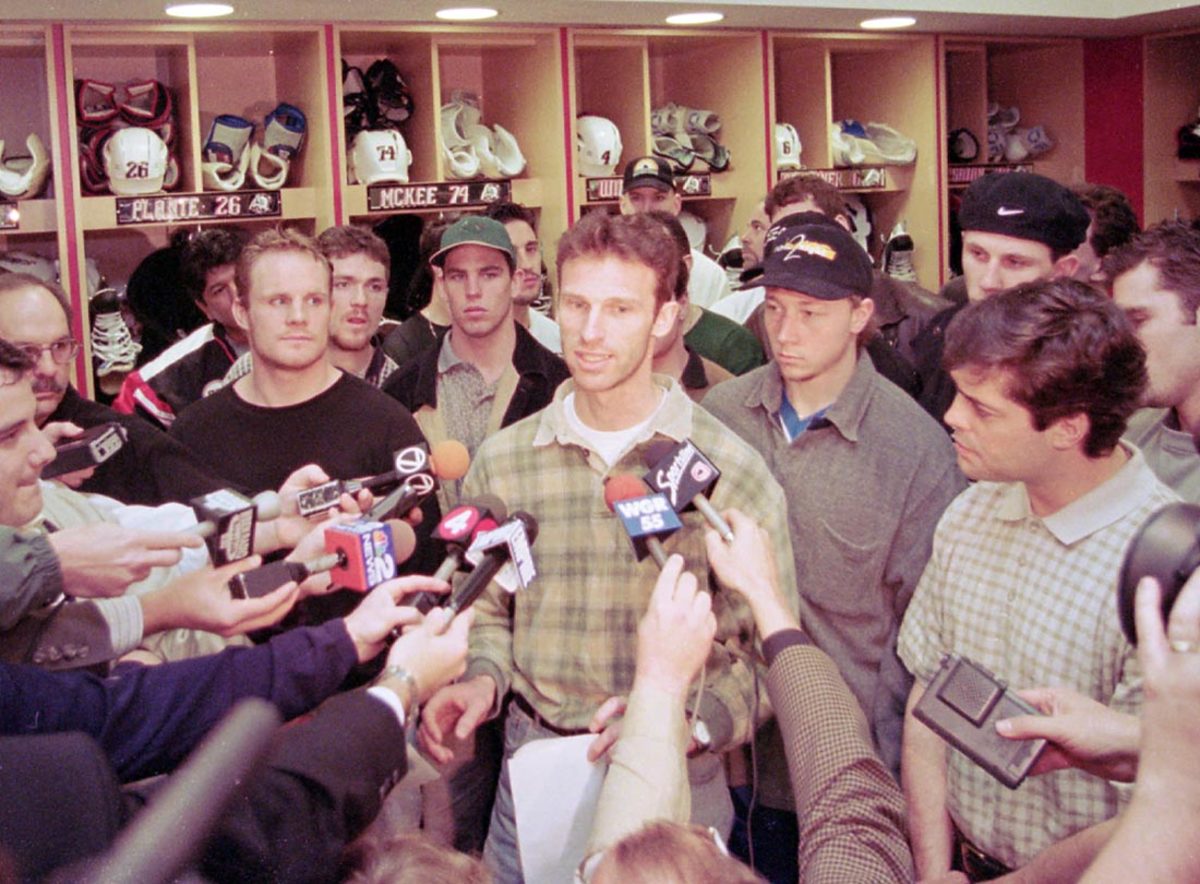
A physical altercation with Buffalo News reporter Jim Kelley in May 1997 resulted in the NHL suspending the Sabres’ volatile goalie for the first three games of his playoff series against the Philadelphia Flyers. Hasek was also fined $10,000.
Michael Jordan (1993)
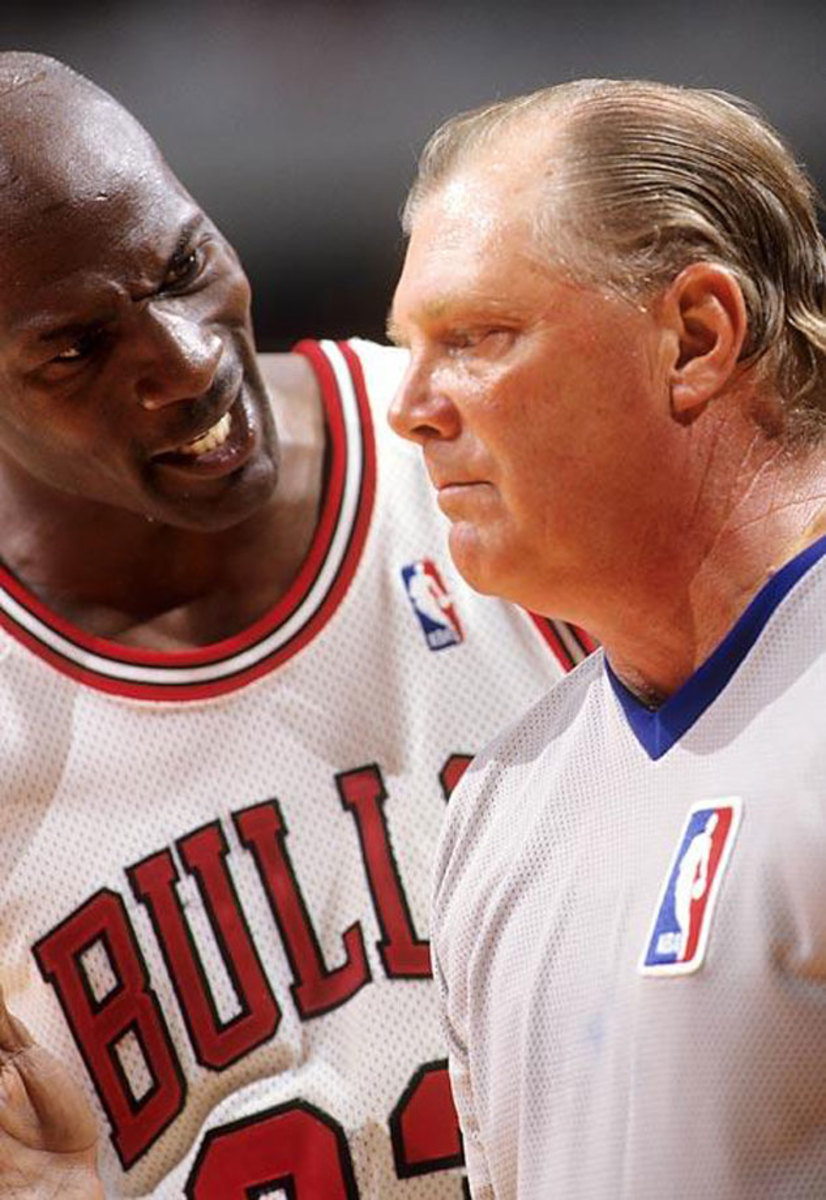
Jordan received a one-game suspension and $10,000 fine after punching the Indiana Pacers’ Reggie Miller during a February game in Indianapolis. The decision was handed down by NBA discipline chief Rod Thorn, the same man who as a Bulls executive had drafted Jordan out of North Carolina in 1984.
Roger Clemens (1991)
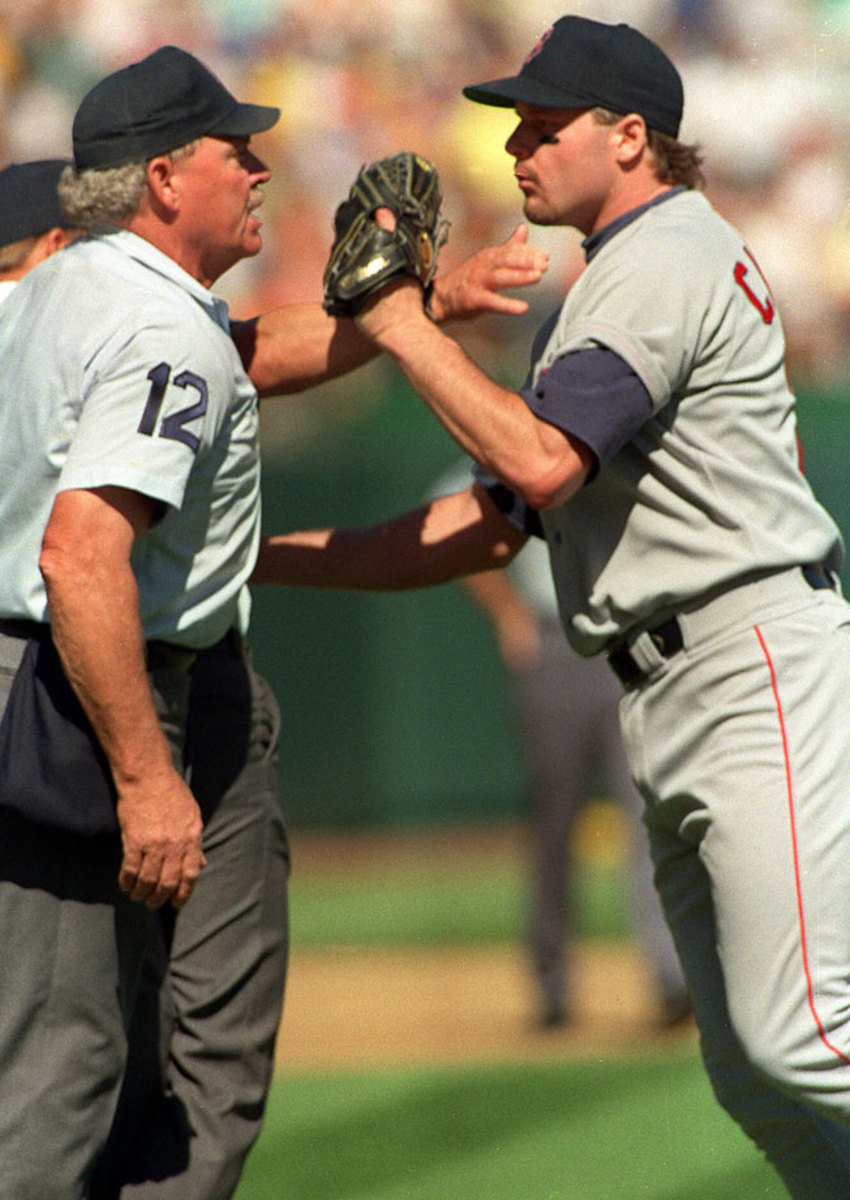
The Boston Red Sox pitcher received a five-game suspension and $10,000 fine for pushing umpire Terry Cooney during Game 4 of the 1990 ALCS against Oakland. The punishment was served the following season.
Aroldis Chapman (2016)
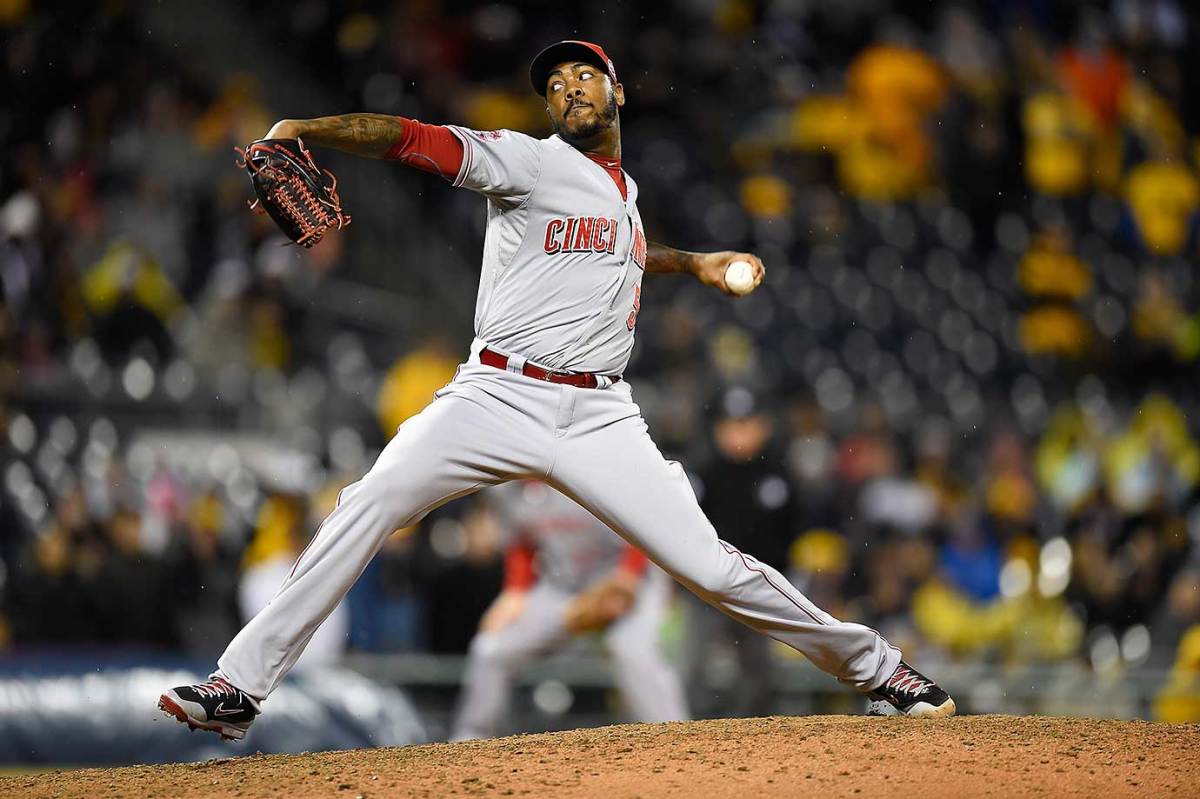
Aroldis Chapman was hit with a 30-game suspension for breaking the MLB's domestic violence policy. He was the first player to be penalized under the league's new rule.
Lawrence Taylor (1988)
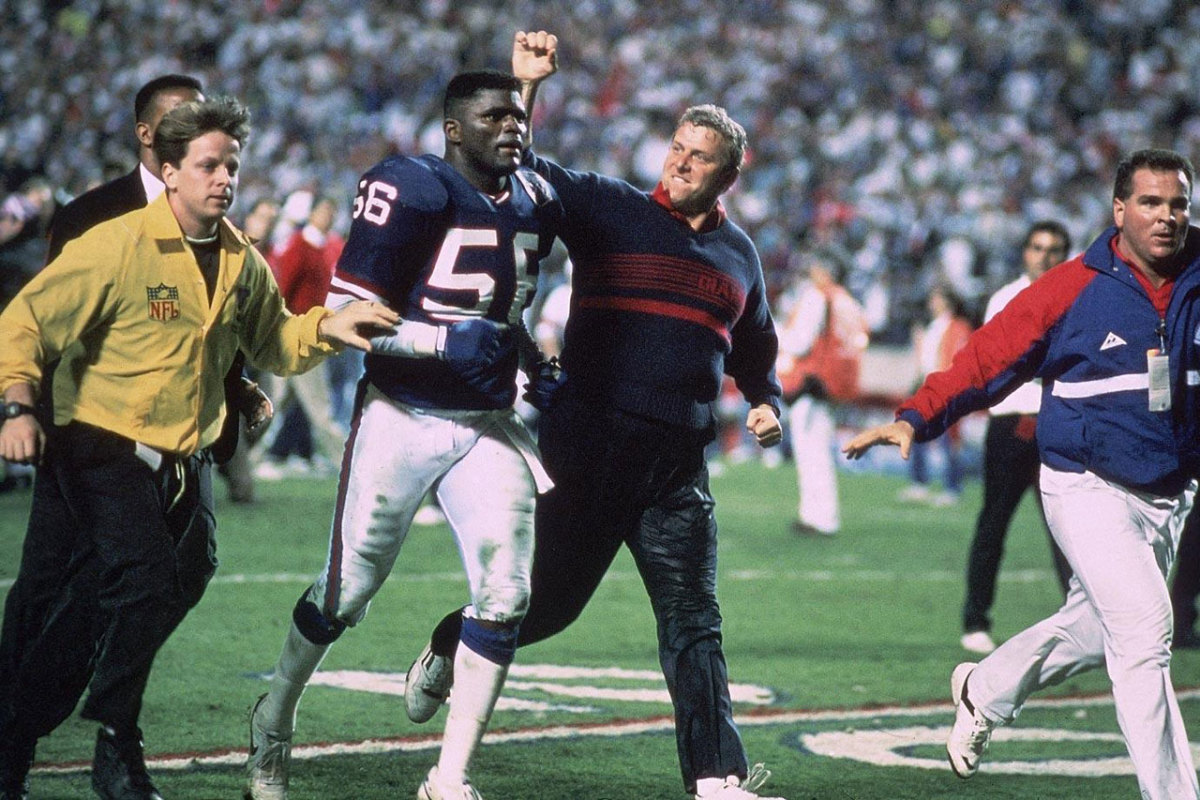
The future New York Giants Hall of Fame linebacker received a 30-day suspension at the start of the 1988 NFL season as a second-time violator of the league’s substance abuse policy. Taylor battled drug addiction both during and after his 13-year career.
Jimmy Connors (1986)
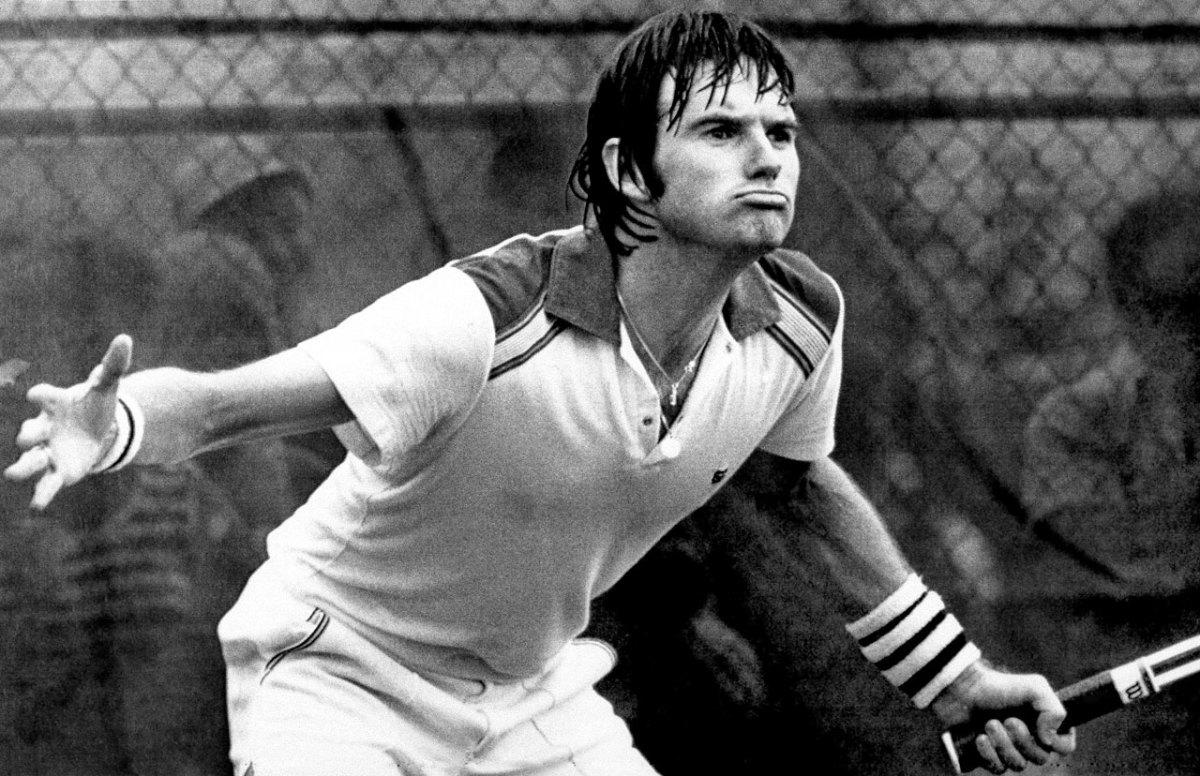
The combative Connors, pictured here making a face at Ivan Lendl in a 1979 match, earned a 10-week suspension and $20,000 fine after he refused to continue play during a match with Lendl at the Lipton International semifinals in Florida in February 1986. Connors was incensed at what he considered a series of wrong calls by the officials. The suspension caused Connors to miss the French Open.
Duncan Keith (2016)
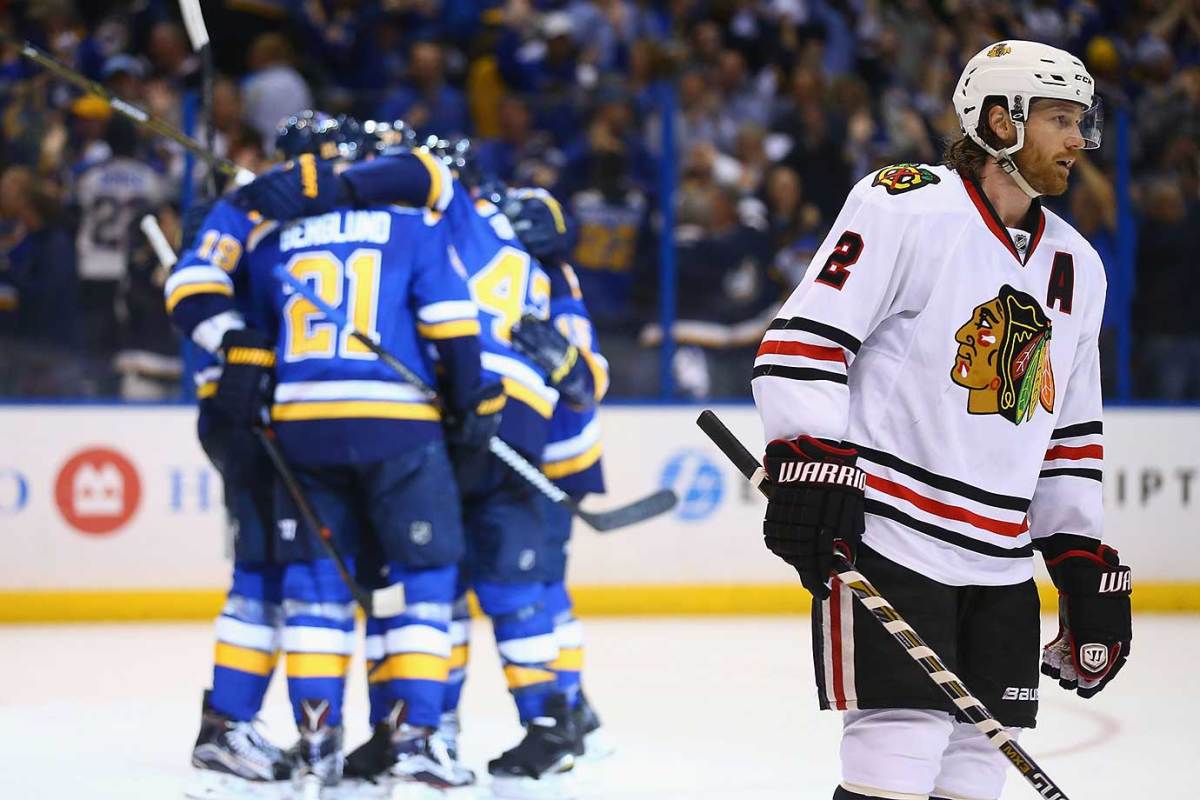
Duncan Keith was suspended for six games for high-sticking Charlie Coyle, keeping the star defenseman out of Game 1 of the Blackhawks's conference quarterfinals series against the Blues.
Mark Messier (1985)
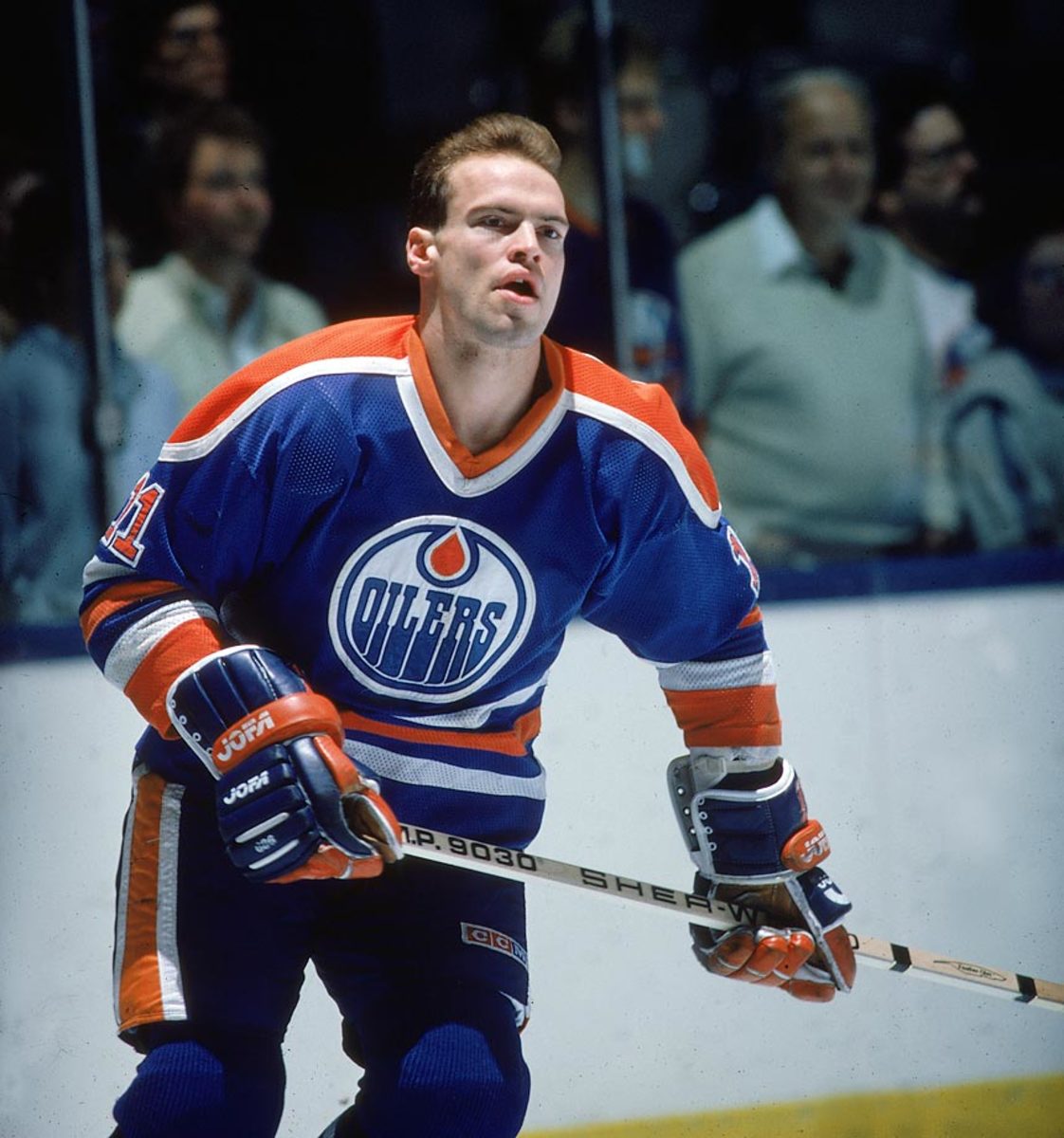
In January 1985, the NHL banned the Oilers star for 10 games for fracturing Jamie Macoun’s cheekbone in two places during a retaliatory attack after the Flames defenseman boarded him. The previous season, Messier had been suspended six games for clubbing Vancouver’s Thomas Gradin in the head with his stick.
John McEnroe (1984)
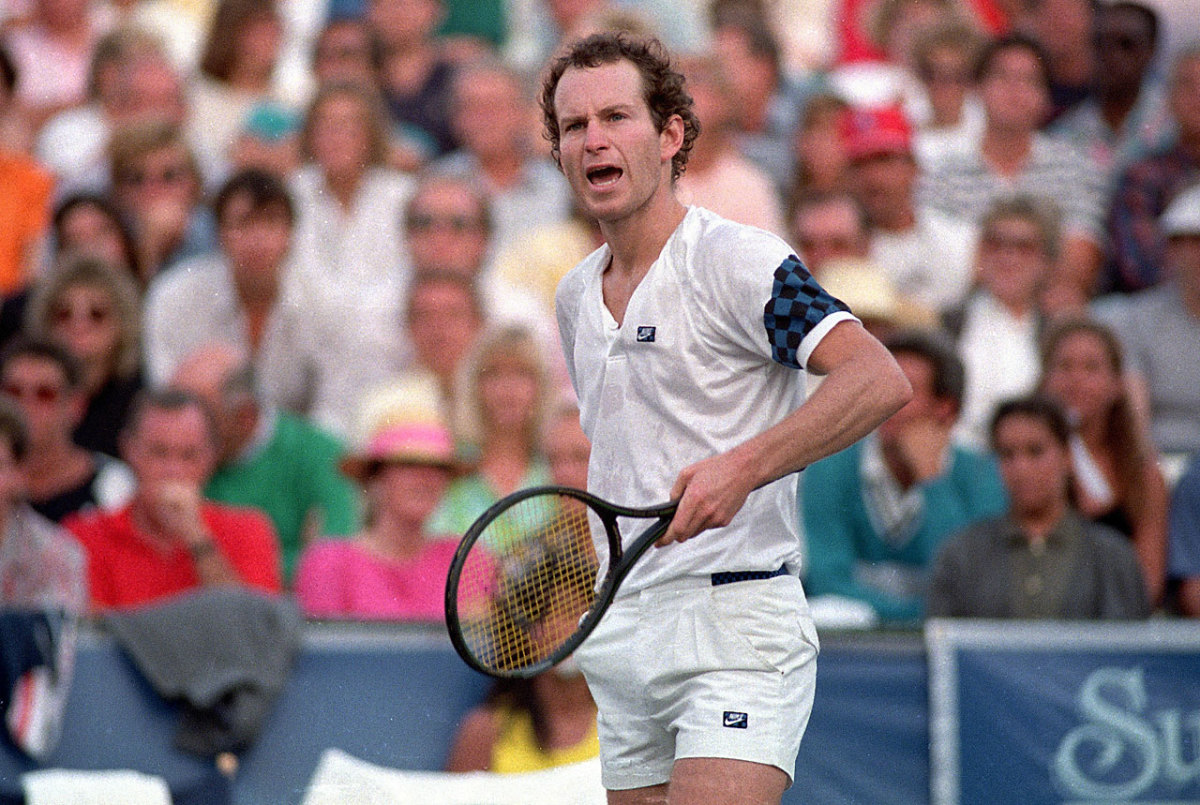
The 1984 season was McEnroe’s best: an 82-3 record and a career-best 13 tournament titles, including Wimbledon and the U.S. Open. But an infamous outburst in Sweden when he screamed at the chair umpire: “Answer my question. The question, jerk” before slamming his racket into a nearby juice cart earned him a 21-day suspension. (He's pictured here arguing a call in 1986.)
Gordie Howe (1975)
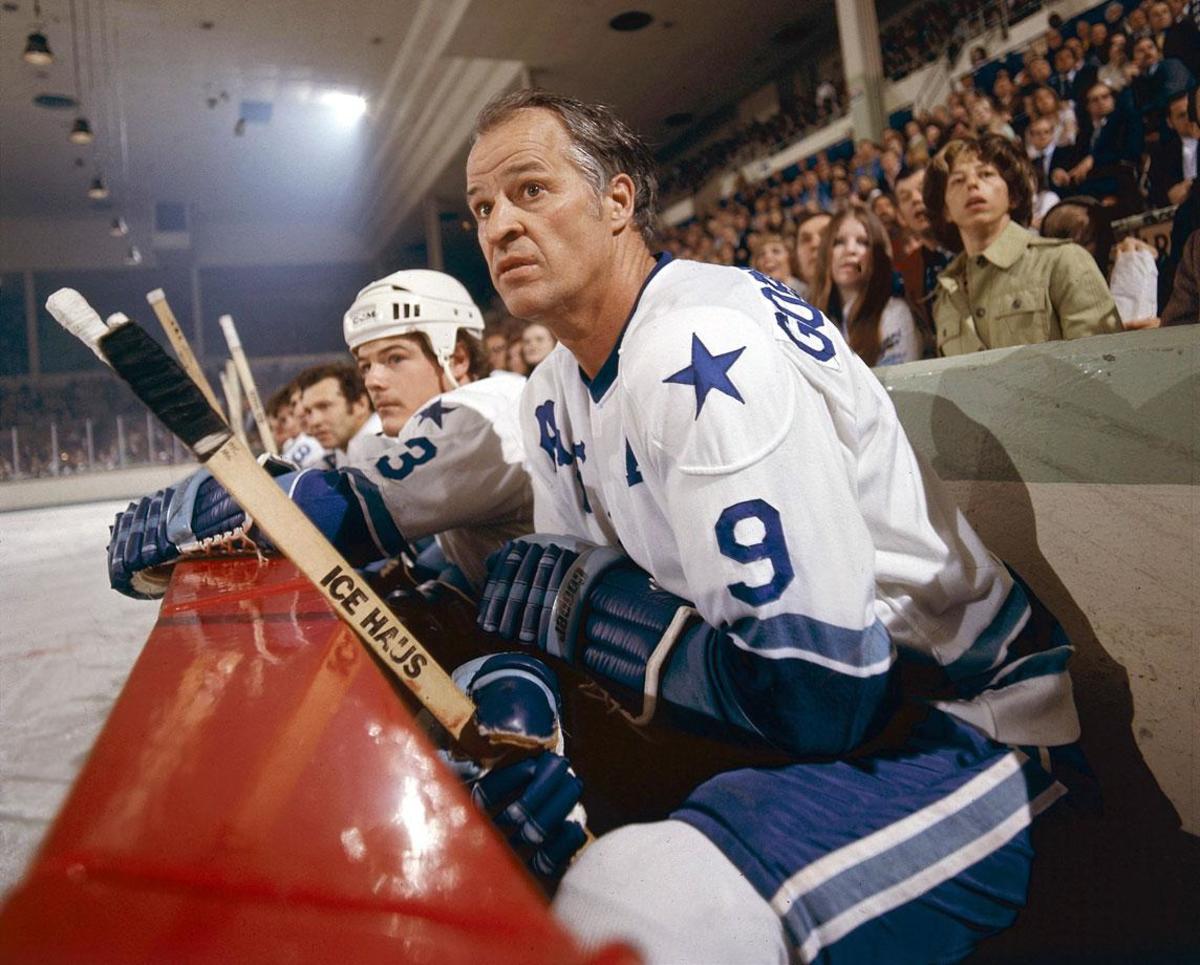
In 1975, being ejected from a game for the first time in his storied career earned Mr. Hockey a one game suspension and $1,000 fine for bumping a referee during a dispute over a penalty call. Howe was skating for the WHA Houston Aeros at the time.
Muhammad Ali (1967-70)
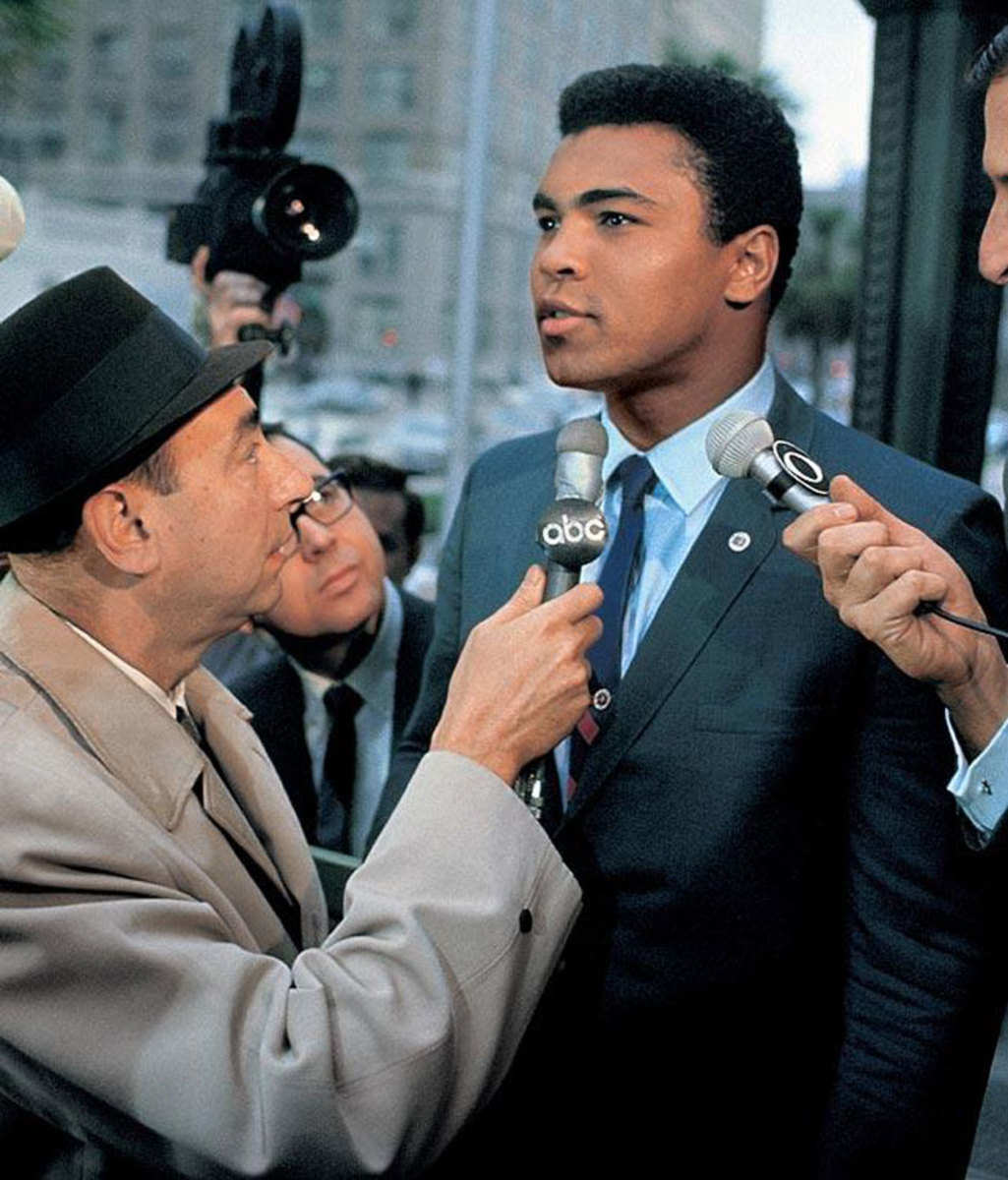
Perhaps no sports suspension was more controversial—or longer—than Ali’s 3½ years away from the ring for refusing induction into the U.S. Armed Forces in spring 1967. The heavyweight champion’s stand, based on his Muslim religious principles, was eventually upheld by the Supreme Court in a unanimous decision but Ali lost prime years of his boxing career.
Paul Hornung (1963)
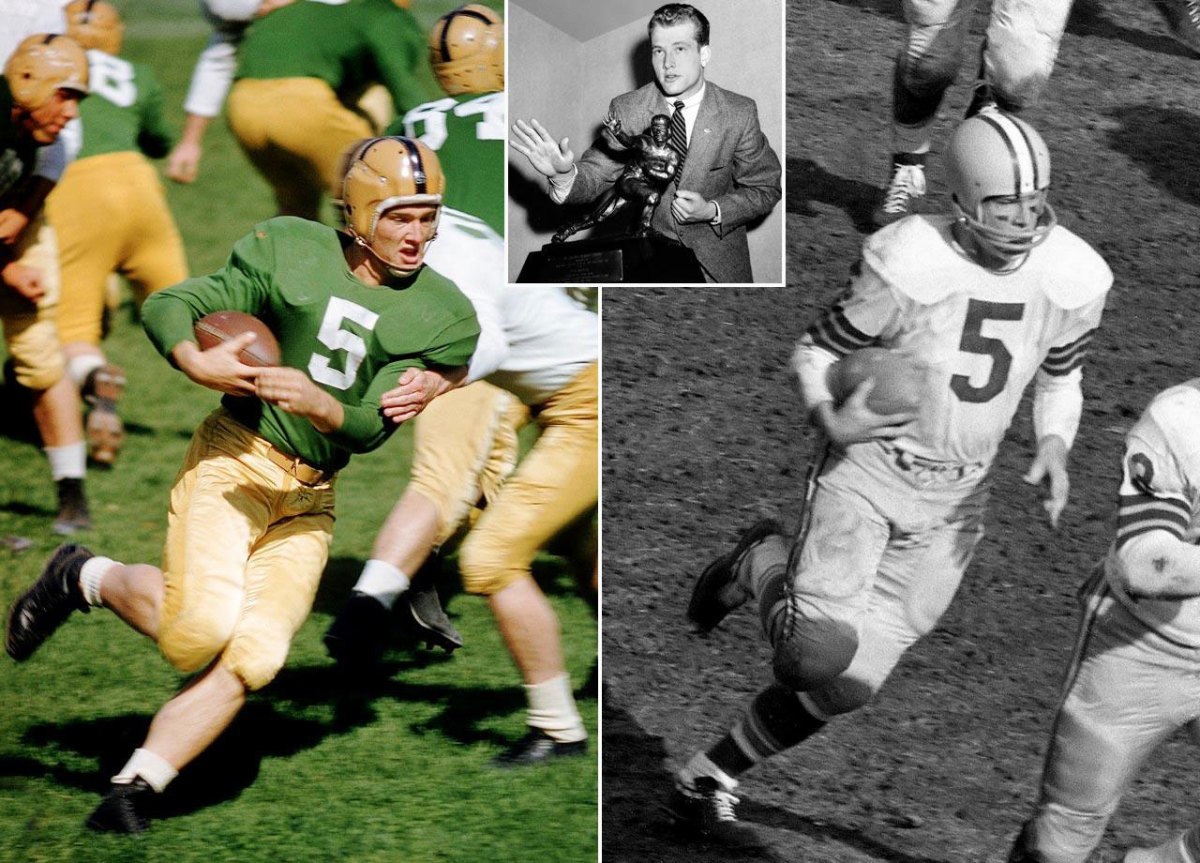
In the early 1960s, no player in the NFL was more glamorous than Hornung, the 1956 Heisman Trophy winner who became the triple-threat running back of the two-time champion Green Bay Packers and the 1961 league MVP. But when Hornung and All-Pro tackle Alex Karras of the Detroit Lions were found to have bet on NFL games, Commissioner Pete Rozelle suspended both players for the entire 1963 season.
Maurice Richard (1954)
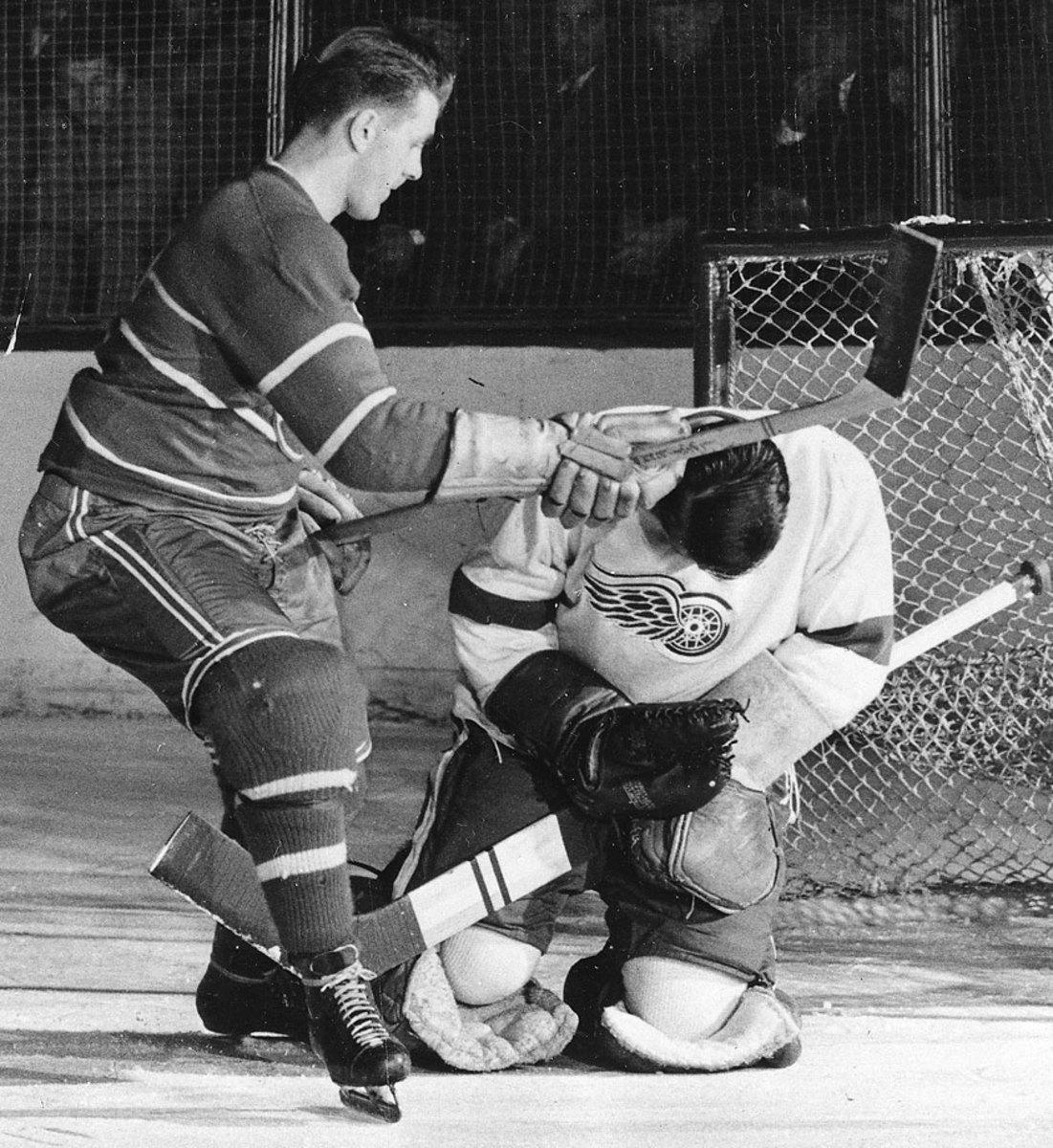
The Rocket was a god to French-speaking Canadiens. When the Montreal Canadiens star was suspended at the tail end of the 1954 season—and for the entire ’54 playoffs—after knocking out an official during a fight with the Boston Bruins, all of Quebec considered it a miscarriage of justice by Commissioner Clarence Campbell. There was rioting in Montreal, and when Campbell next appeared at the Montreal Forum he was pelted with debris, punched by an incensed fan and serenaded by thousands chanting “A bas Campbell,” (“Down with Campbell”). In this picture, Richard is delivering a blow to the head of Detroit goalie Terry Sawchuk in a 1950 game.
Babe Ruth (1922)
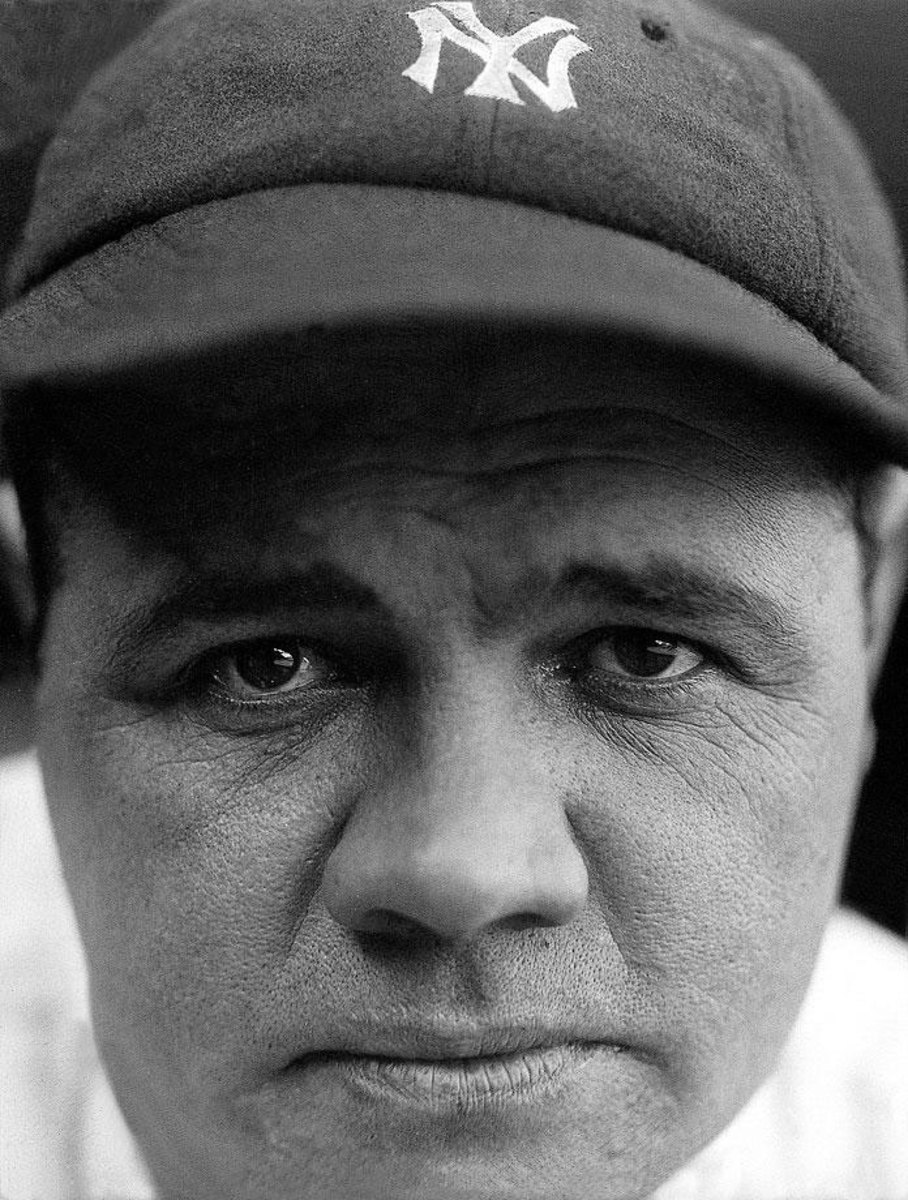
The Bambino was issued many suspensions during his picaresque 22-year career, but the longest was a six-week sit down at the start of the 1922 season ordered by Commissioner Kenesaw Mountain Landis after Ruth and other New York Yankees had participated in an unsanctioned barnstorming tour following the 1921 World Series. The decision helped fortify Landis’ powers as baseball’s first commissioner.
Ty Cobb (1912)
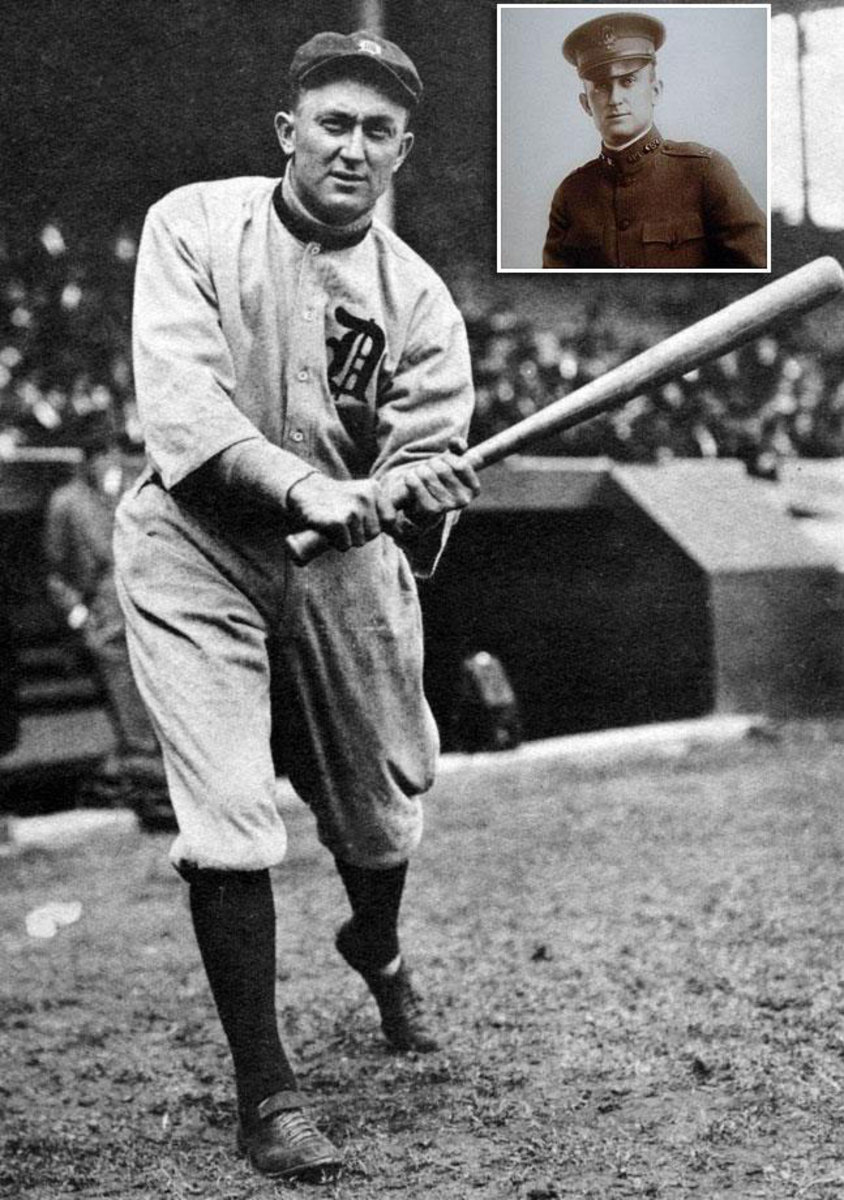
The Georgia Peach received an indefinite suspension from American League President Ban Johnson after going into the stands in New York to attack a fan who had been constantly jeering him. It turned out the man had no hands. Johnson settled on a 10-game suspension and $50 fine after Cobb’s Detroit Tigers teammates staged a protest strike, resulting in a 24-2 loss to the Philadelphia Athletics when Detroit had to play the game with amateurs.
The matchup is also partly to blame, but Kerr will likely need to get something out of Ezeli now that his best option at the position has been nixed by the league office. Golden State needs some means to protect the basket and won’t find it with McAdoo, Varejao, or Marreese Speights. Andrew Bogut can offer good minutes at home, but only so many; nothing in the labored way Bogut moves suggests he’s capable of taking on much more playing time. Ezeli could be a reasonable facsimile, provided Golden State doesn’t let loose completely to try to outscore the Cavs outright.
To be fair: that’s not a bad strategy, considering. Cleveland’s defense comes and goes, though finds its easiest work whenever Golden State sticks with traditional lineups. Going incredibly small (say, by using Iguodala or Harrison Barnes as a functional center) would present a more stressful counter for the Cavs and Warriors alike. Kerr would fret over every rebound surrendered. Cavs coach Tyronn Lue would have to find places for his bigs to hide and some way to stall the transition game before it gets out of control. Playing Speights big minutes accomplishes a similar goal in somewhat tempered fashion—less extreme risks for less extreme rewards.
• MORE NBA: Warriors show what sets them apart | Warriors' death lineup
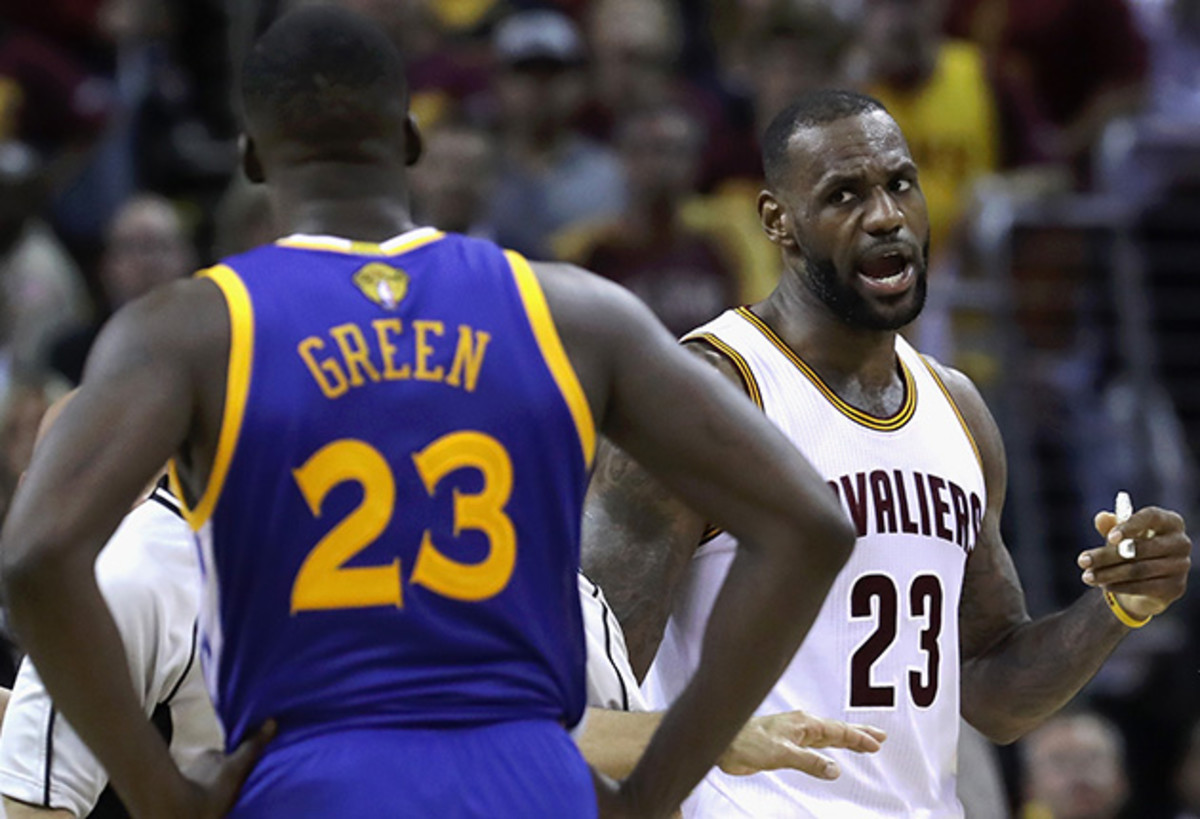
Going all-offense could backfire, too, now that an instrumental player in containing James is absent. Green isn’t only a good option to switch on to Kyrie Irving in a pinch and the primary reason even playing Kevin Love is so difficult for the Cavs—he’s an elite back-line defender who has given Iguodala exceptional help in support. LeBron is shooting nearly 10% worse on shots within five feet of the rim while Green is on the floor in these Finals, per NBA.com. The dynamics of this series change entirely if Iguodala isn’t able to play frustrating, well-positioned defense on James and if Green isn’t able to back him up at just the right times. Golden State will have to manage that shift for a single game and, in the process, see if Green’s absence against a team this potent is survivable. An affirmative verdict would end the series on the spot.
To make that happen would require more of most every Warrior. Iguodala will likely need to wade into the mid–40s in minutes for the first time in this series while getting less help defensively and facilitating even more offense than before. Stephen Curry will have to clean up his defensive mistakes and create more shots in isolation, given that the team is down one secondary playmaker. Bogut will need to play as well as he generally does at home, and then some. Barnes, who was quietly brilliant in Game 4, could end up filling so many gaps that he plays damn near the whole game. So it goes on down the line, from scorers to defenders to rebounders, who must somehow replace the irreplaceable.
There is no substitute for Draymond Green. But there is, in some altered form, a version of the Warriors that bends and stretches to finish this series in five.
